Biography of Dmitry Medvedev
Dmitry Anatolyevich Medvedev was the President of the Russian Federation from 2008 to 2012, and since May 2012, he heads the Government of the Russian Federation.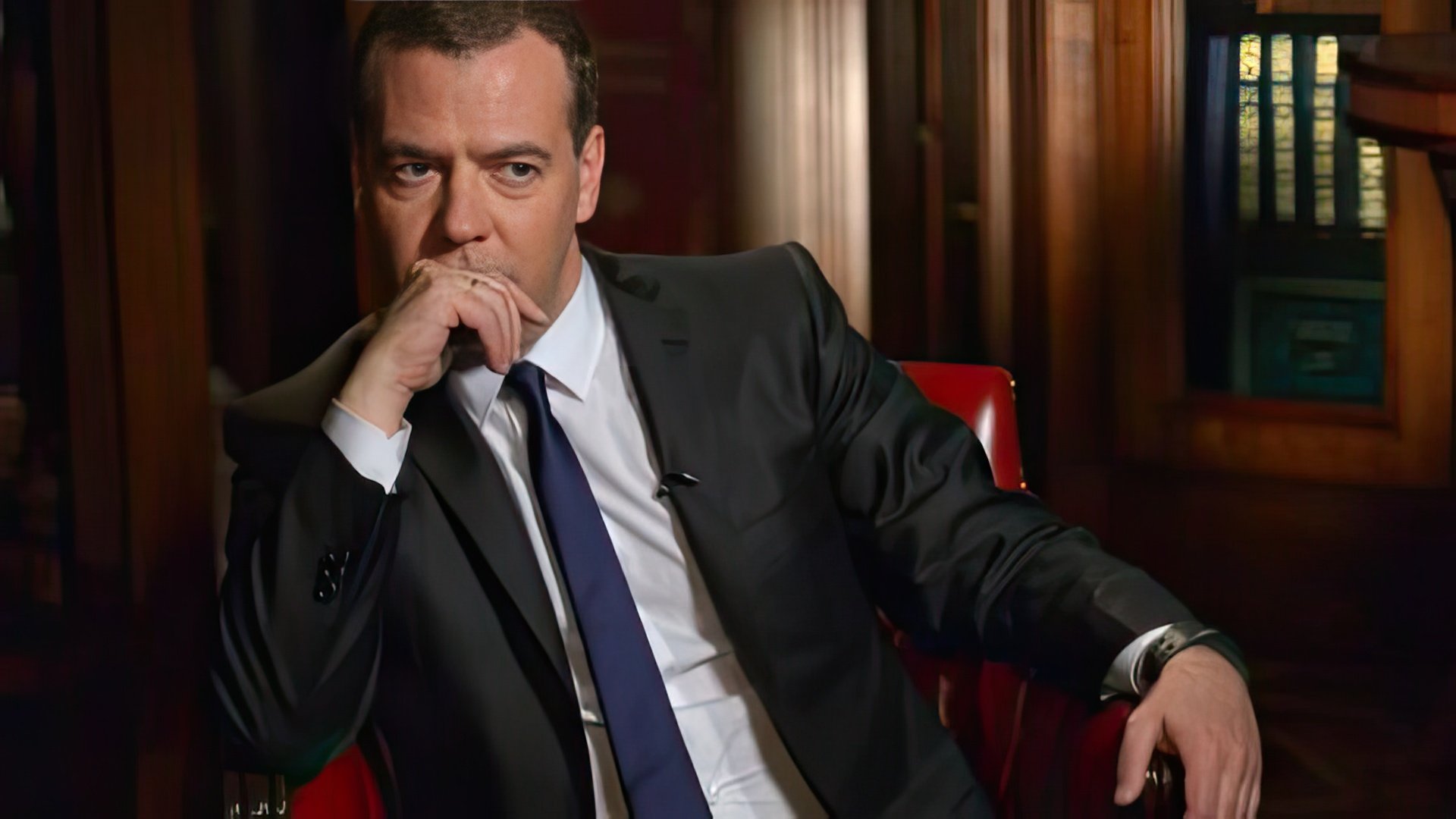
Childhood and youth
Dmitry Medvedev was born into an intelligent Leningrad family. His father Anatoly Afanasievich Medvedevwas a professor at the Leningrad Technological Institute of Lensovet (now it’s called Saint Petersburg State Institute of Technology).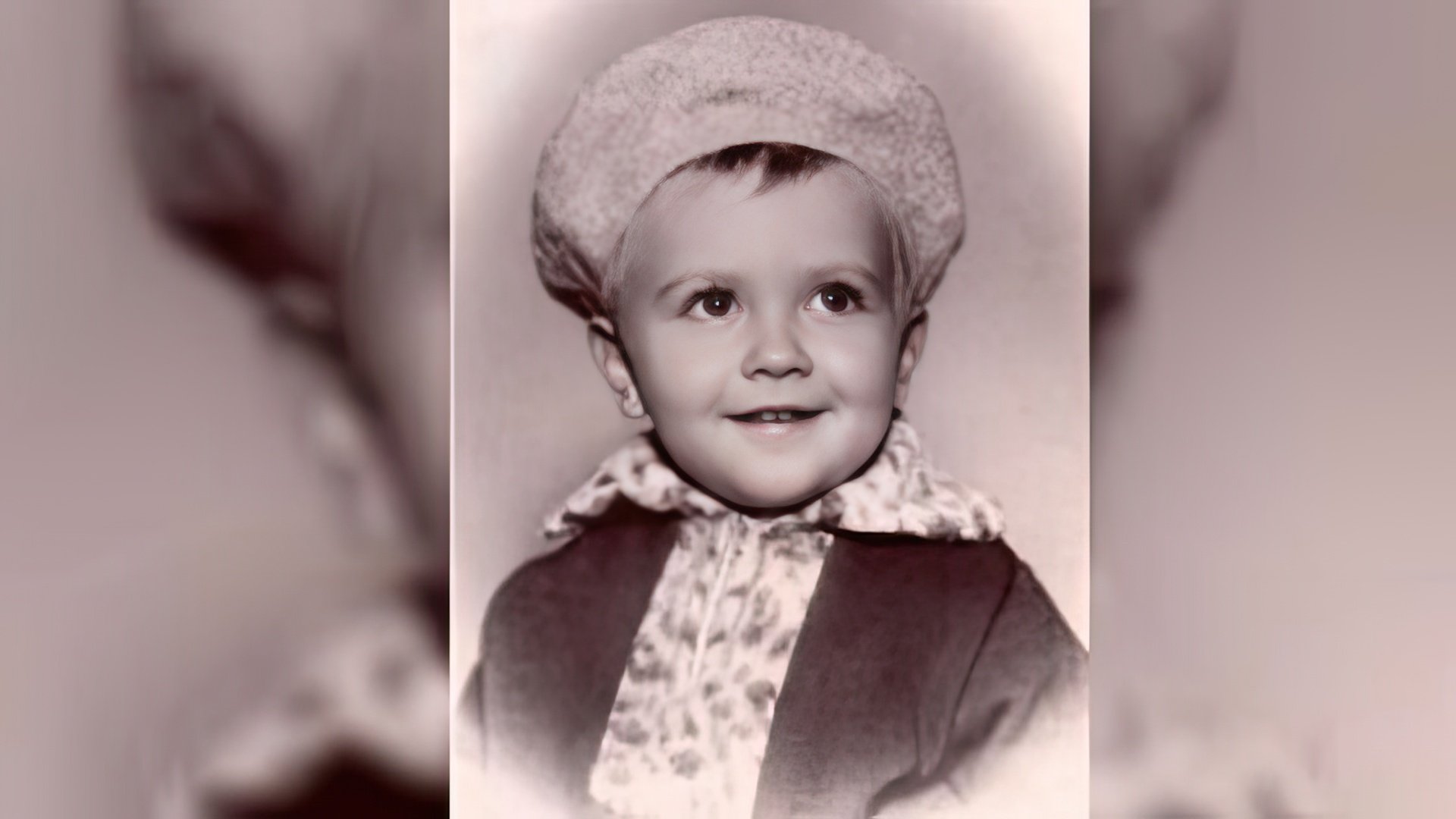
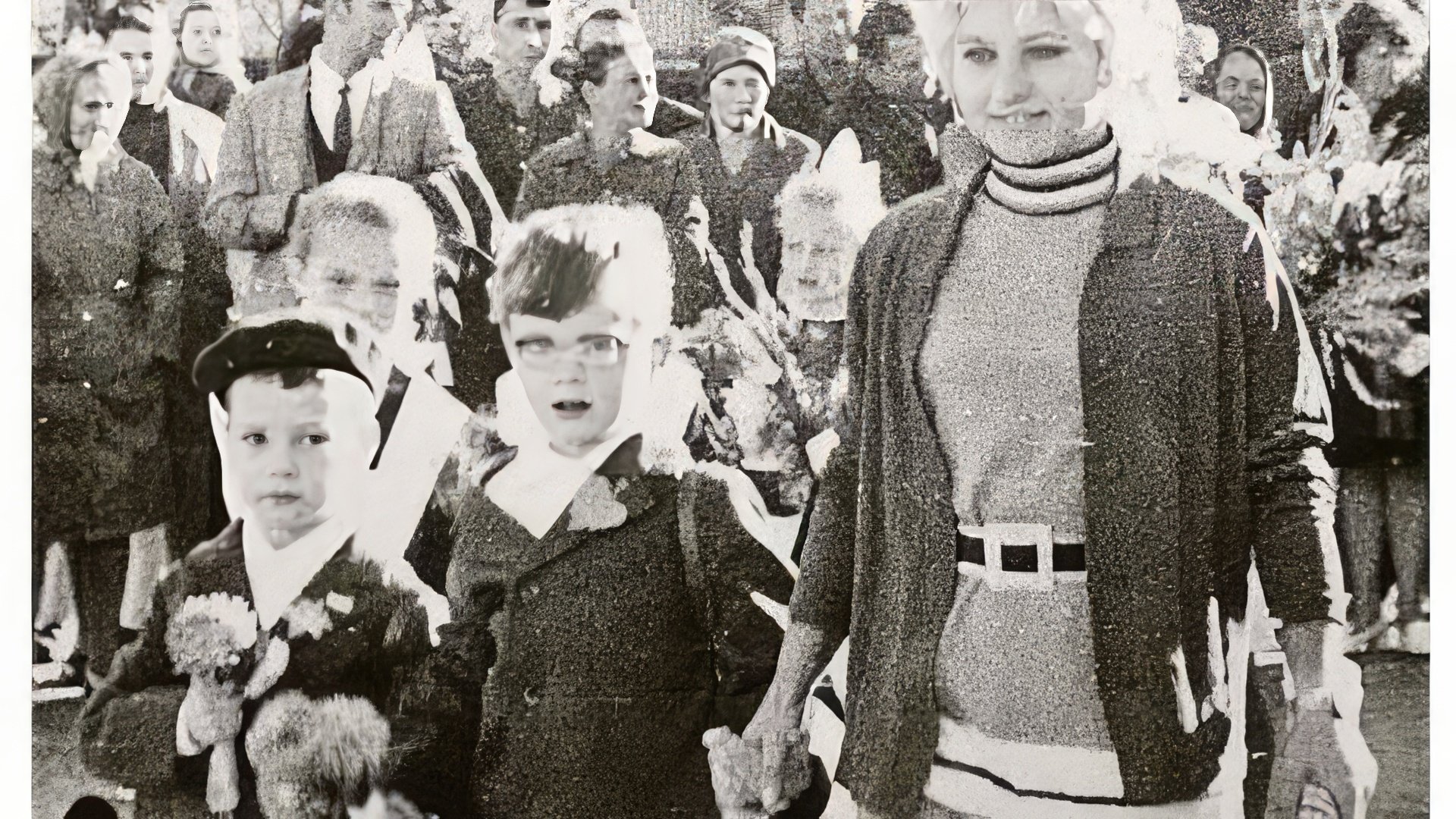
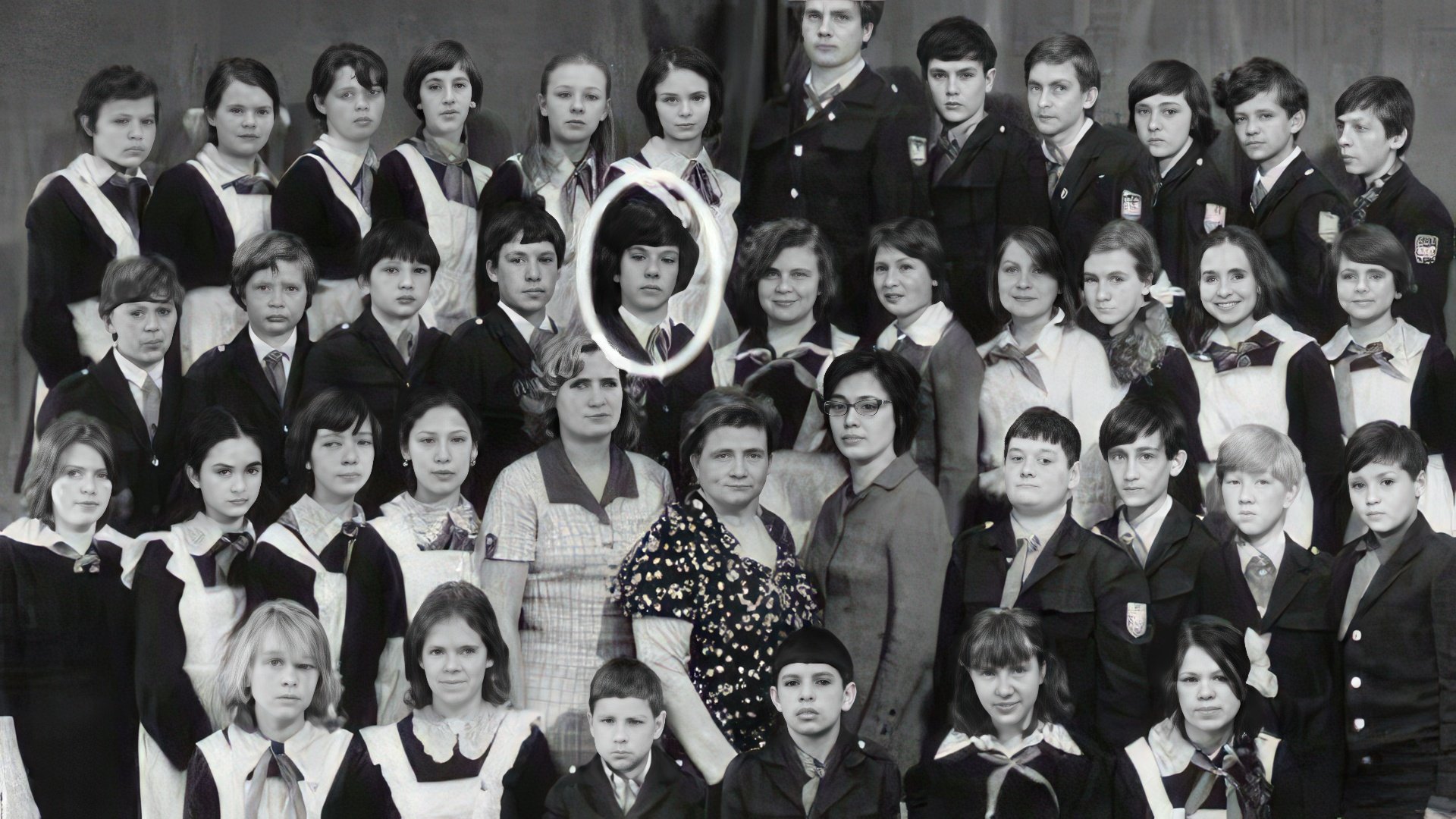
In 1982, Dmitry Medvedev graduated from the school, and then entered the law faculty of St. Petersburg State University, which in those years bore the unpronounceable name of the «Leningrad Order of Lenin and the Order of the Red Banner of Labor of Zhdanov».
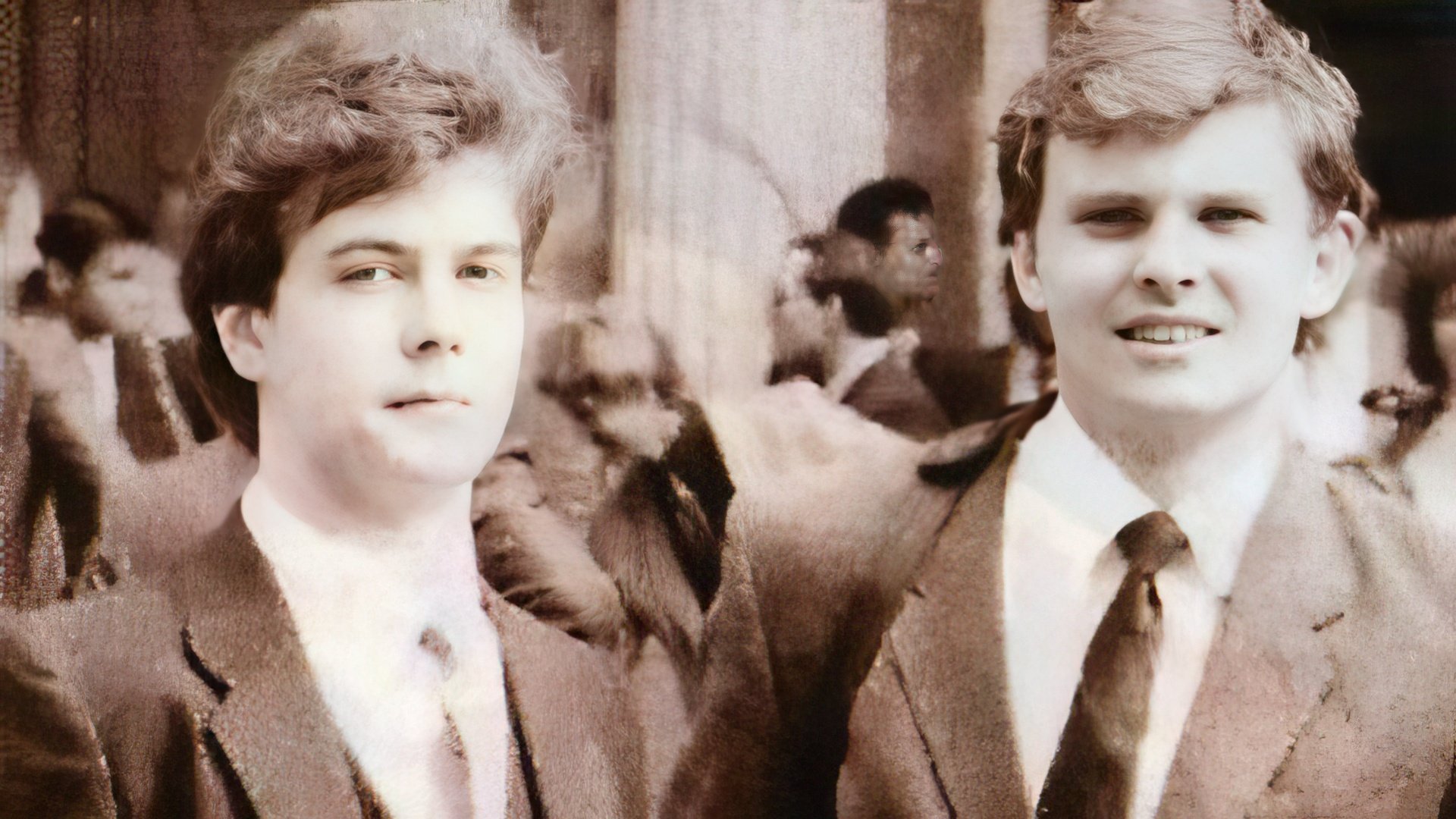
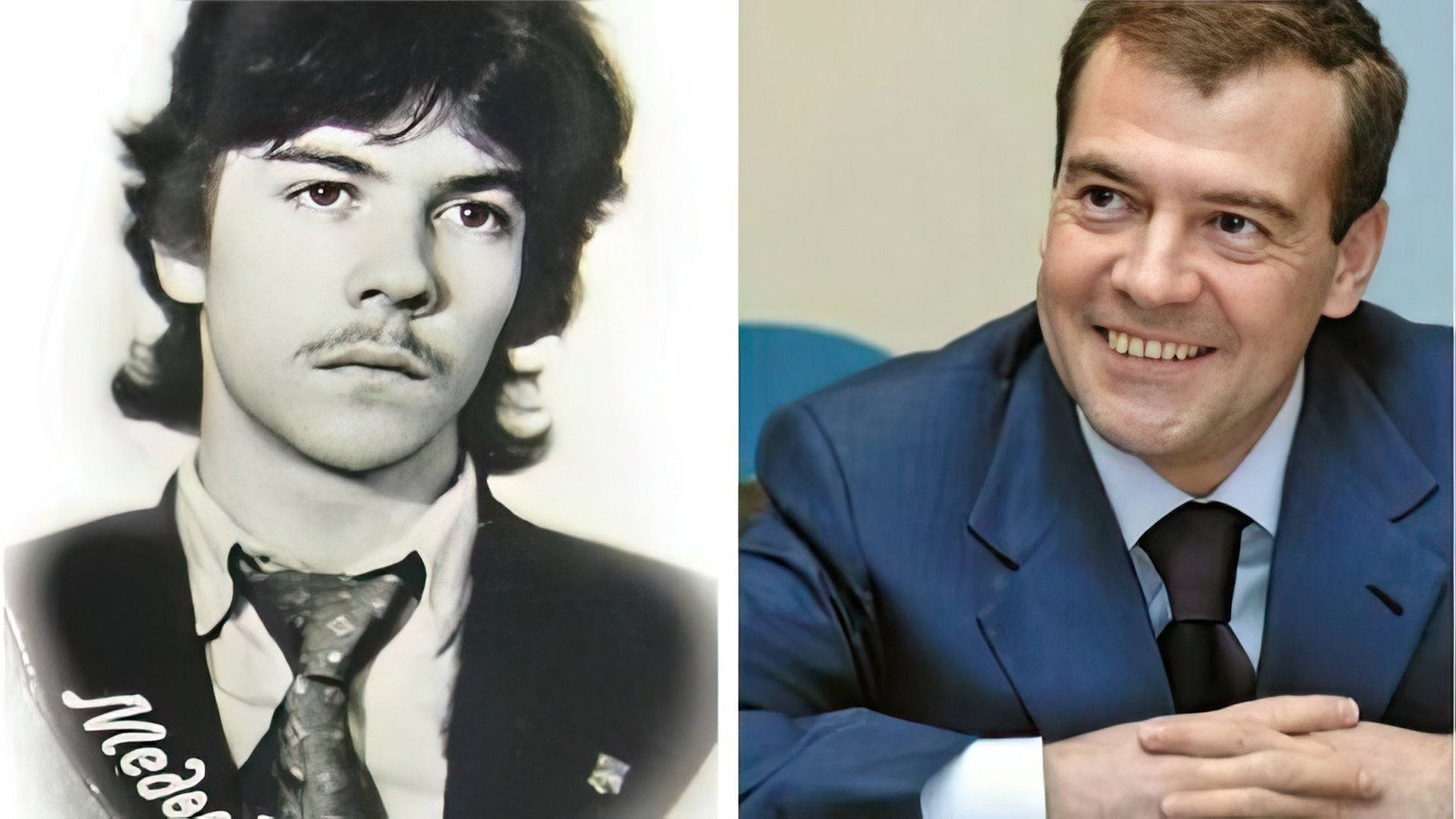
Political career
The professor Anatoly Sobchak appeared among the candidates while the elections in the Congress of People's Deputies of the USSR which held on March 1989. The future St. Petersburg mayor was the scientific leader of Medvedev, and the young graduate student helped his mentor wherever possible: he put posters, agitated passers-by on the streets, and spoke at pre-election rallies.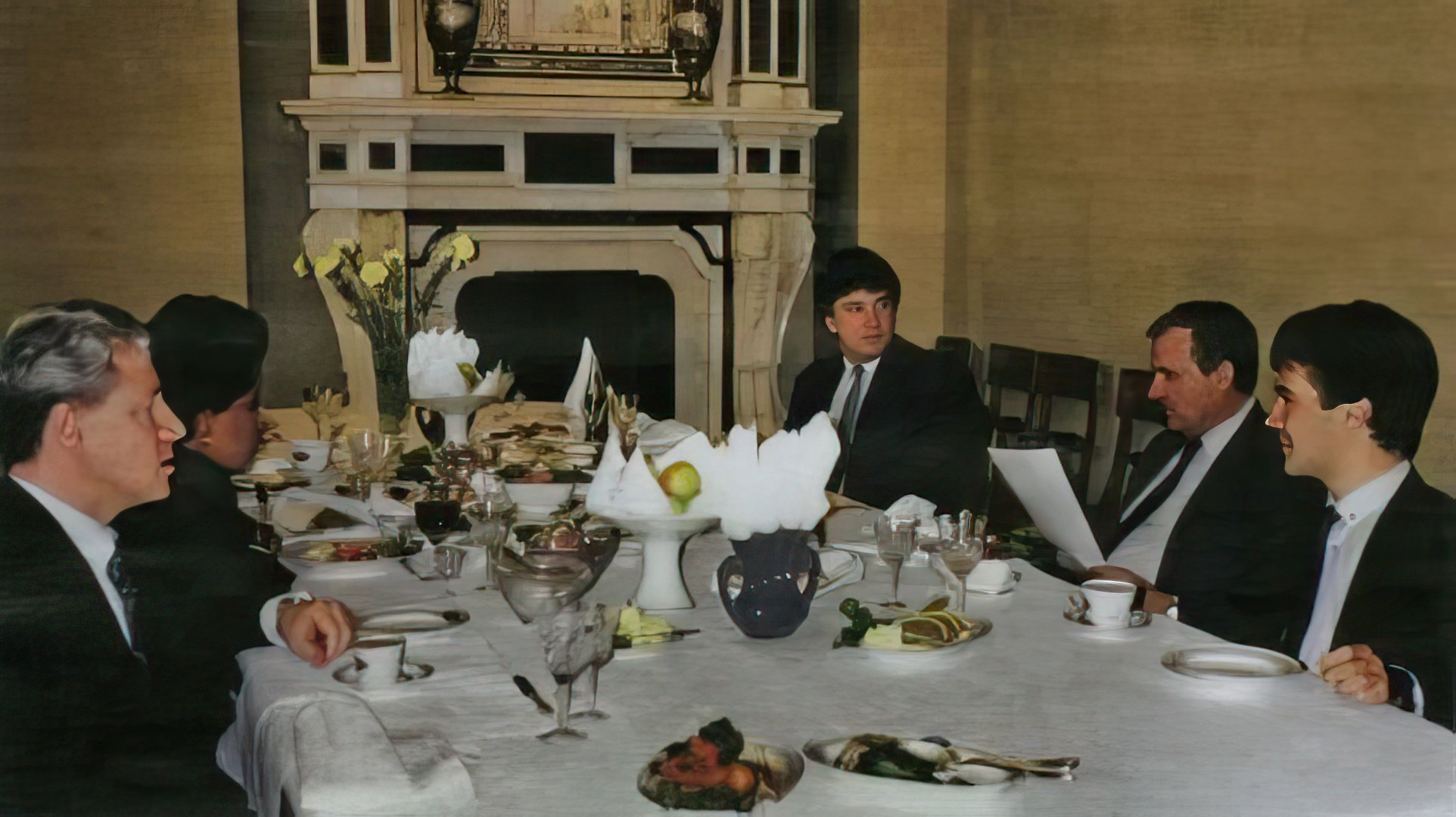
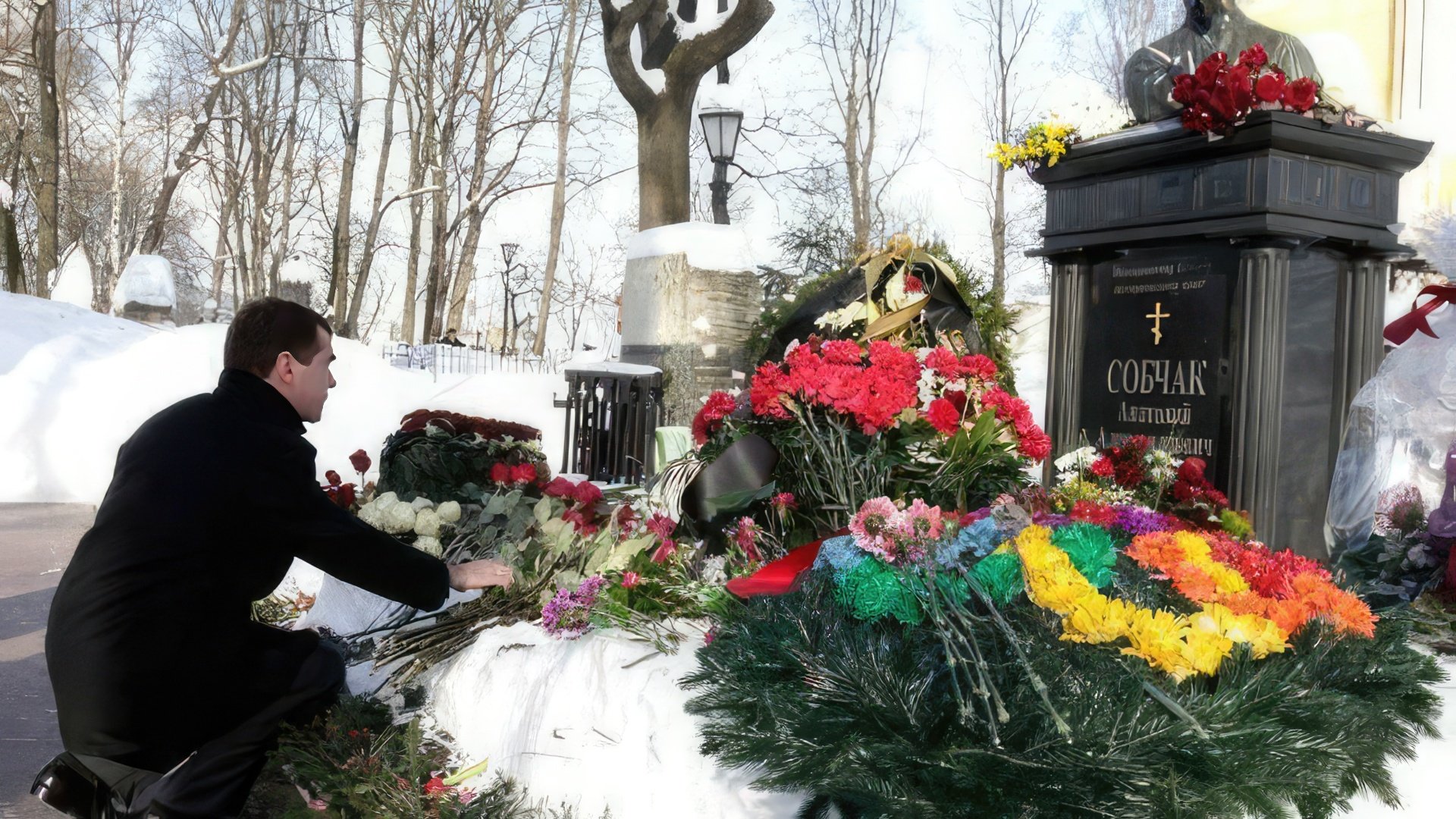
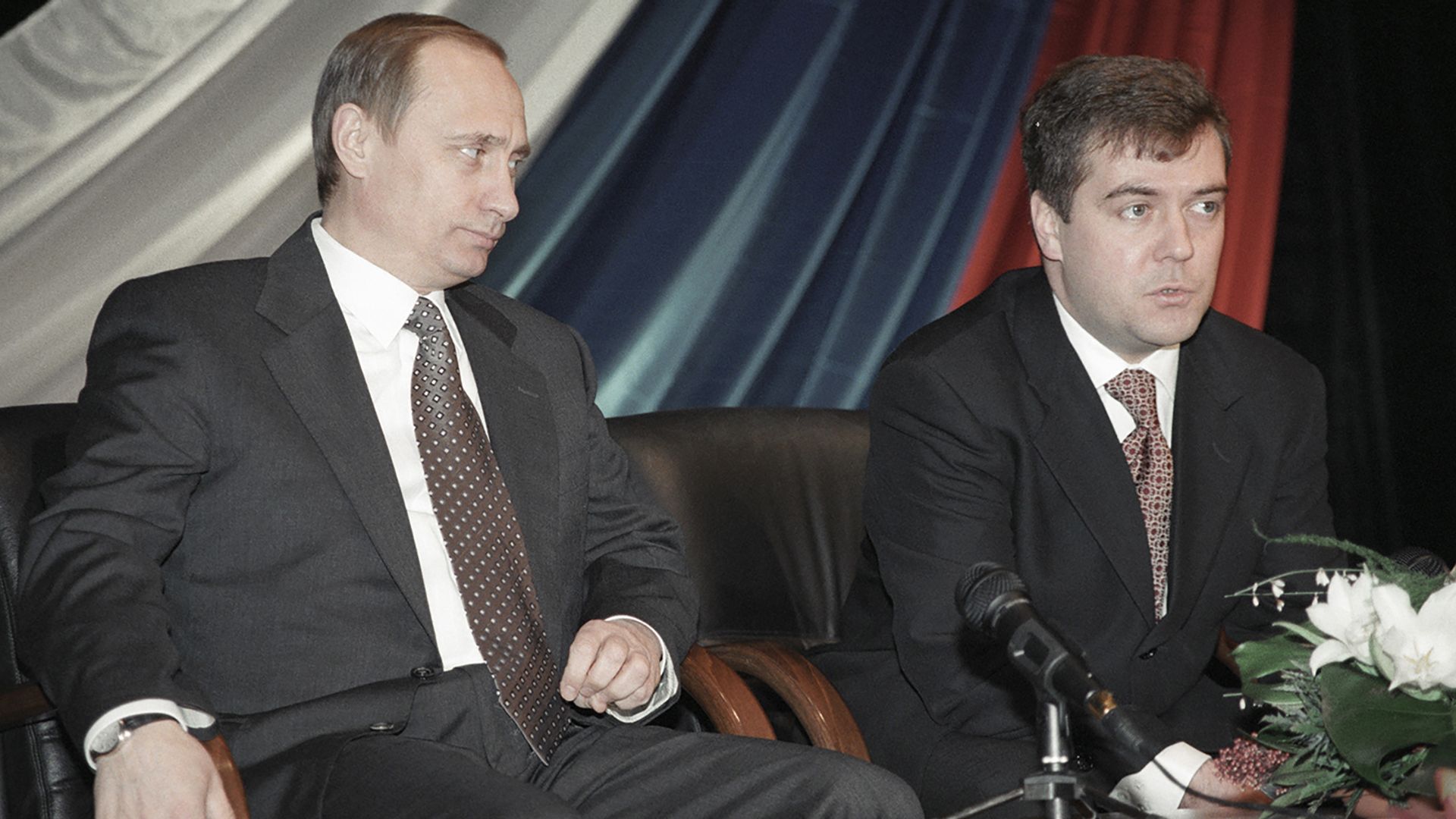
In 1996, Dmitry Medvedev ceased cooperation with Smolny related with the loss of Sobchak to Vladimir Yakovlev in the gubernatorial elections. And in 1999, he was appointed to the post of deputy head of the Government of the Russian Federation. The editors of zoomboola.com assume, Dmitry left teaching activities and moved to the capital due to his appointment.
After the departure of Boris Yeltsin, Dmitry Anatolyevich became deputy head of the presidential administration. In 2000, after Vladimir Putin won the presidential election, he took the post of First Deputy Head of the Presidential Administration.
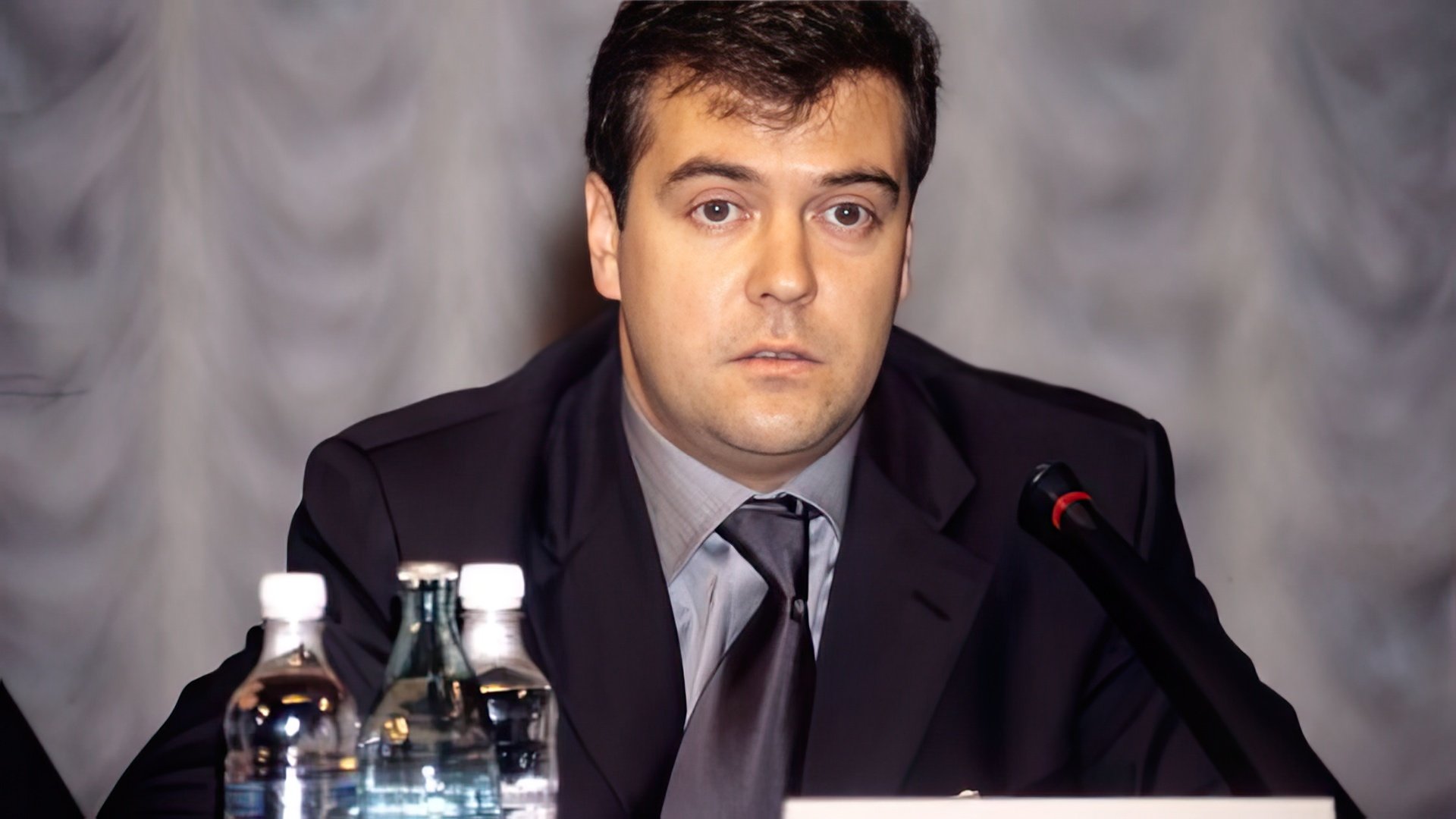
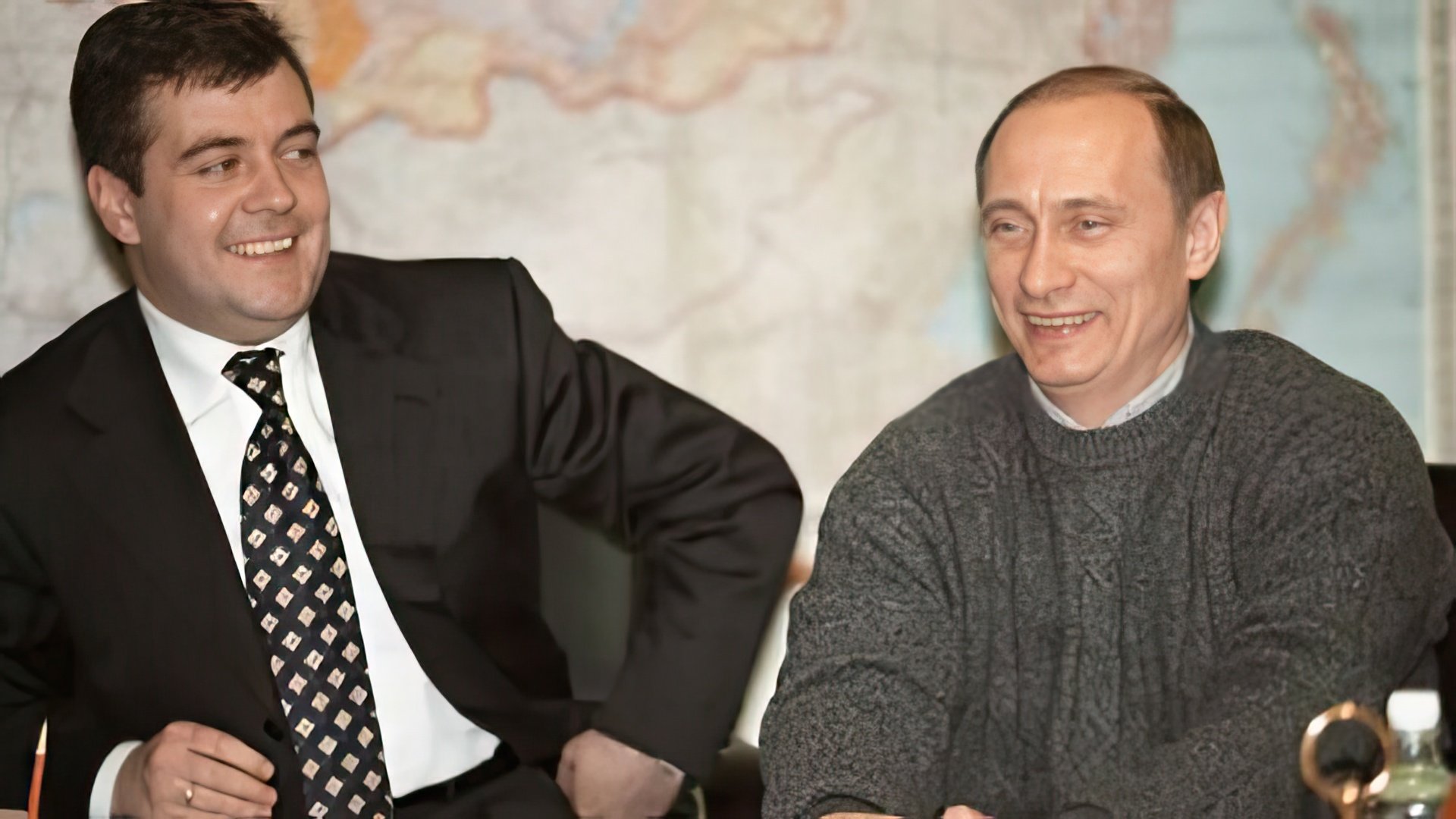
Since mid-2006, for two years, Medvedev was chairman of the Presidium of the Council for the implementation of national projects.
The pre-election campaign
In November 2005, the pre-election campaign of Medvedev started actually on central television channels; at the same time, the electoral site of Dmitry Anatolyevich was registered. A few months later, politician began to be mentioned in the press as a favorite of Vladimir Putin.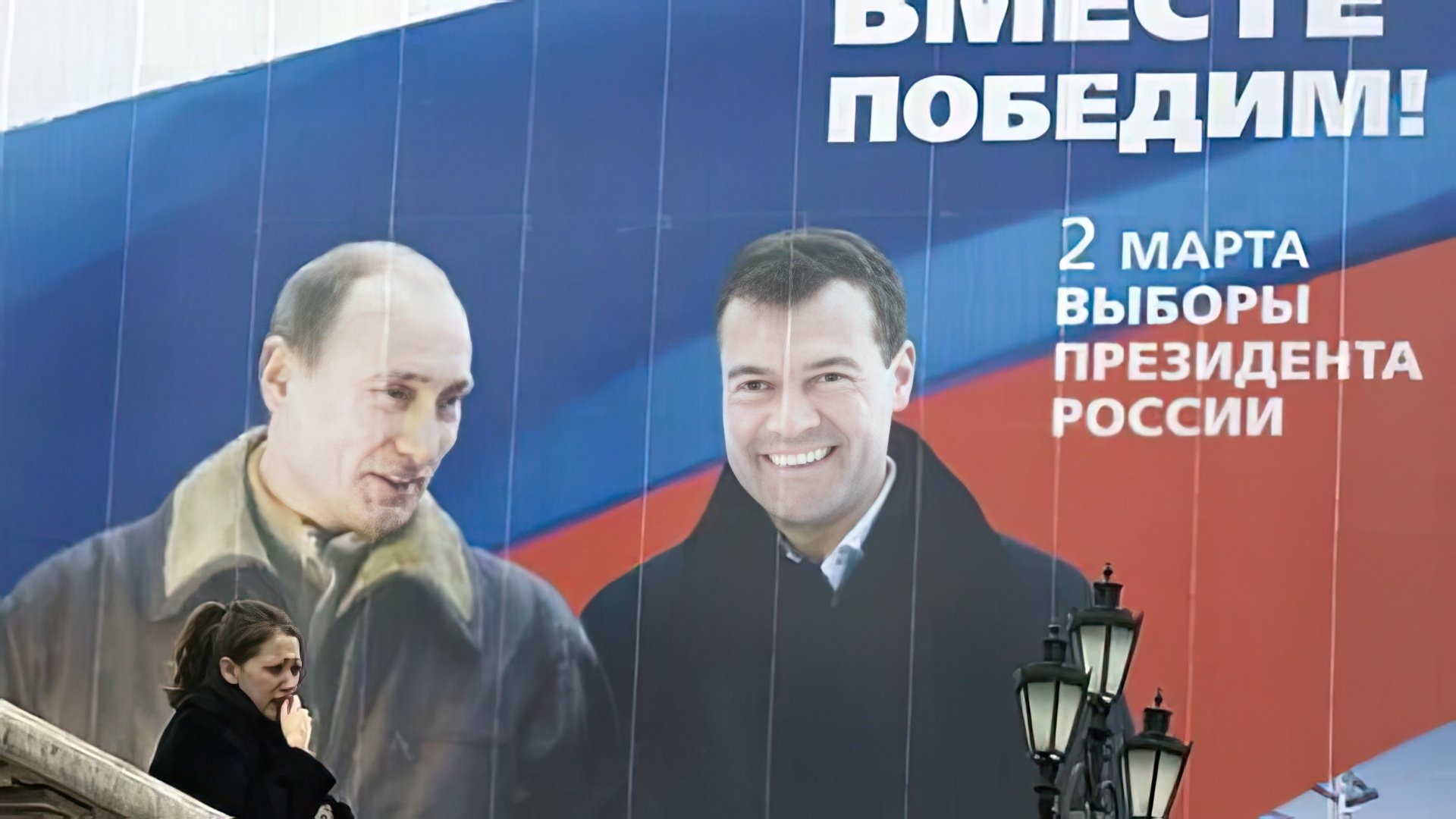
The active phase of the election campaign began in October 2007. A couple of months later, Medvedev's candidacy was supported by Putin, after which Dmitry Anatolevich was officially nominated to the presidency at the congress of United Russia political party.
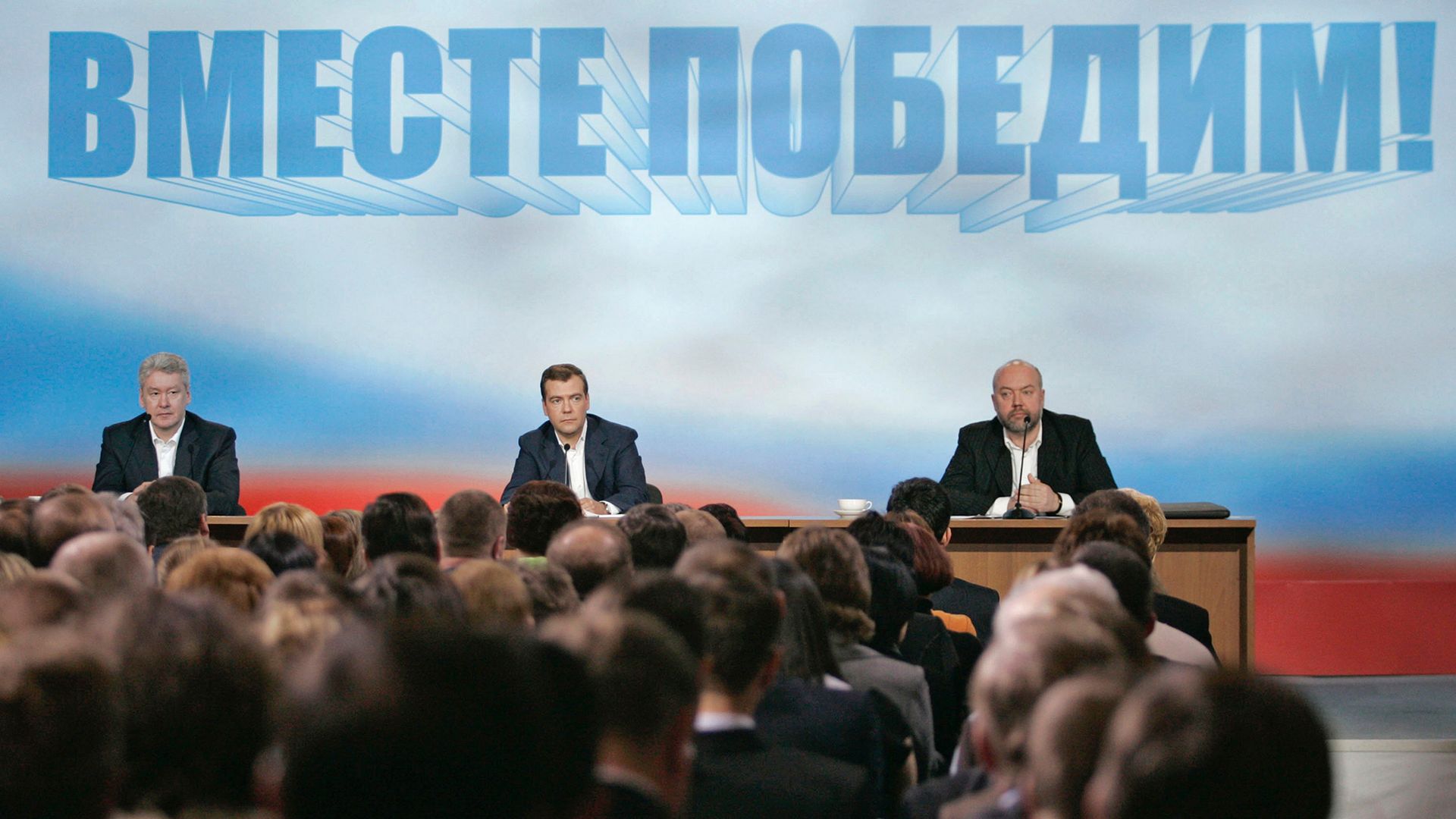
Presidency
On March 2, 2008, Dmitry Medvedev was elected the third president of the Russian Federation, ahead of the main rivals Vladimir Zhirinovsky (Liberal Democratic Party), Gennady Zyuganov (Communist Party) and Andrei Bogdanov (Democratic Party) with in a landslide victory (70,28% of votes).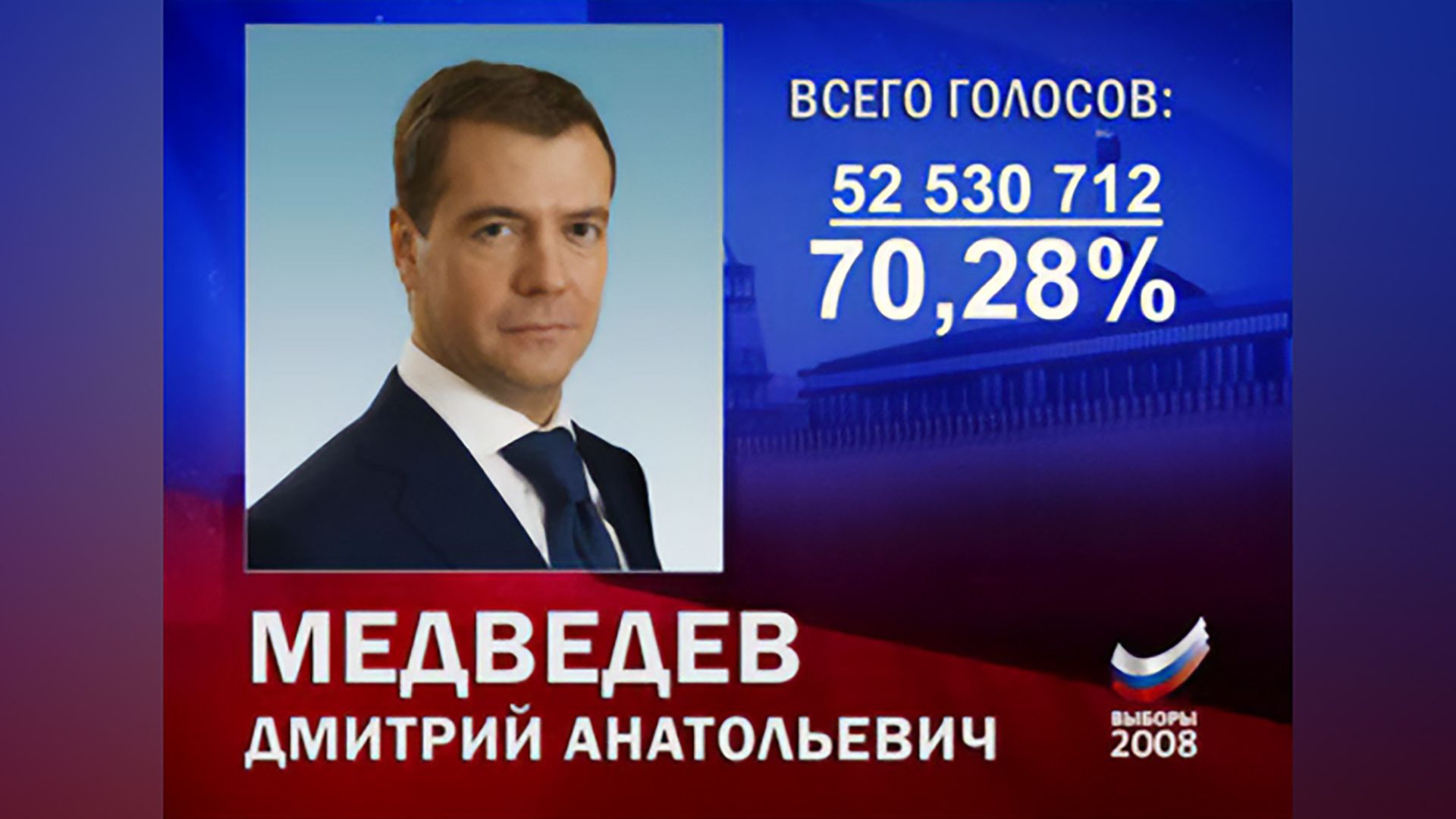
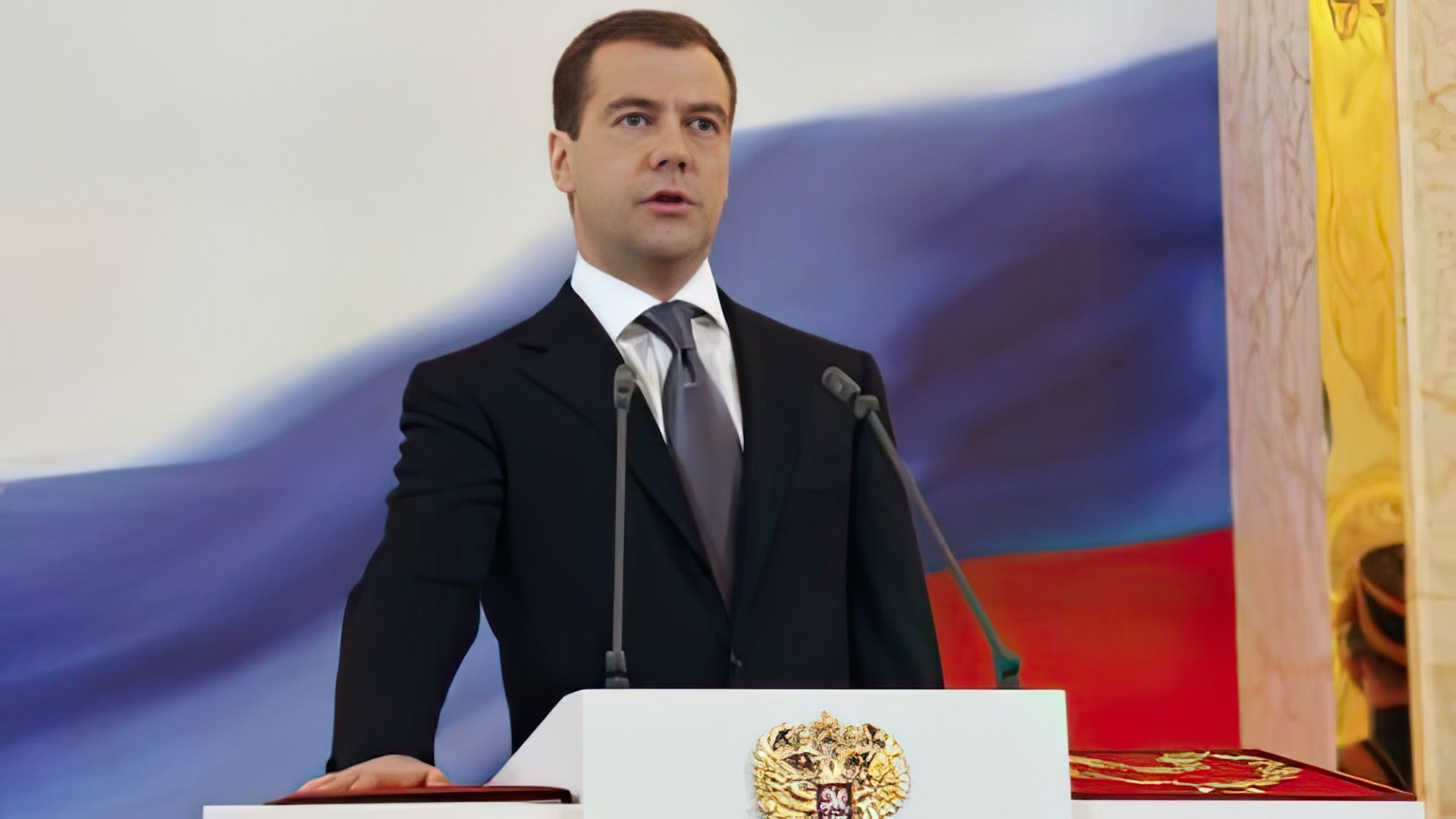
Dmitry Anatolyevich admitted, that the so-called «five-day» war was a surprise for him. Some tension in the relations between Russia and Georgia was felt back in early 2008 but according to the president, he «had no idea what intentions were in the Saakashvili’s twisted mind»
The escalation of the Georgian-South Ossetian conflict took place at the end of July-early August; the third month of Medvedev's presidency. On the night of August 7 to 8, the Minister of Defense called to President and told about the beginning of hostilities by Georgian troops. When Anatoly Serdyukov reported on the death of Russian peacekeepers, Medvedev ordered to open fire for defeat. This was his personal decision, taken without the participation of ministers. On the morning of the 8th day, Russian aviation began shelling military installations located on the territory of Georgia.
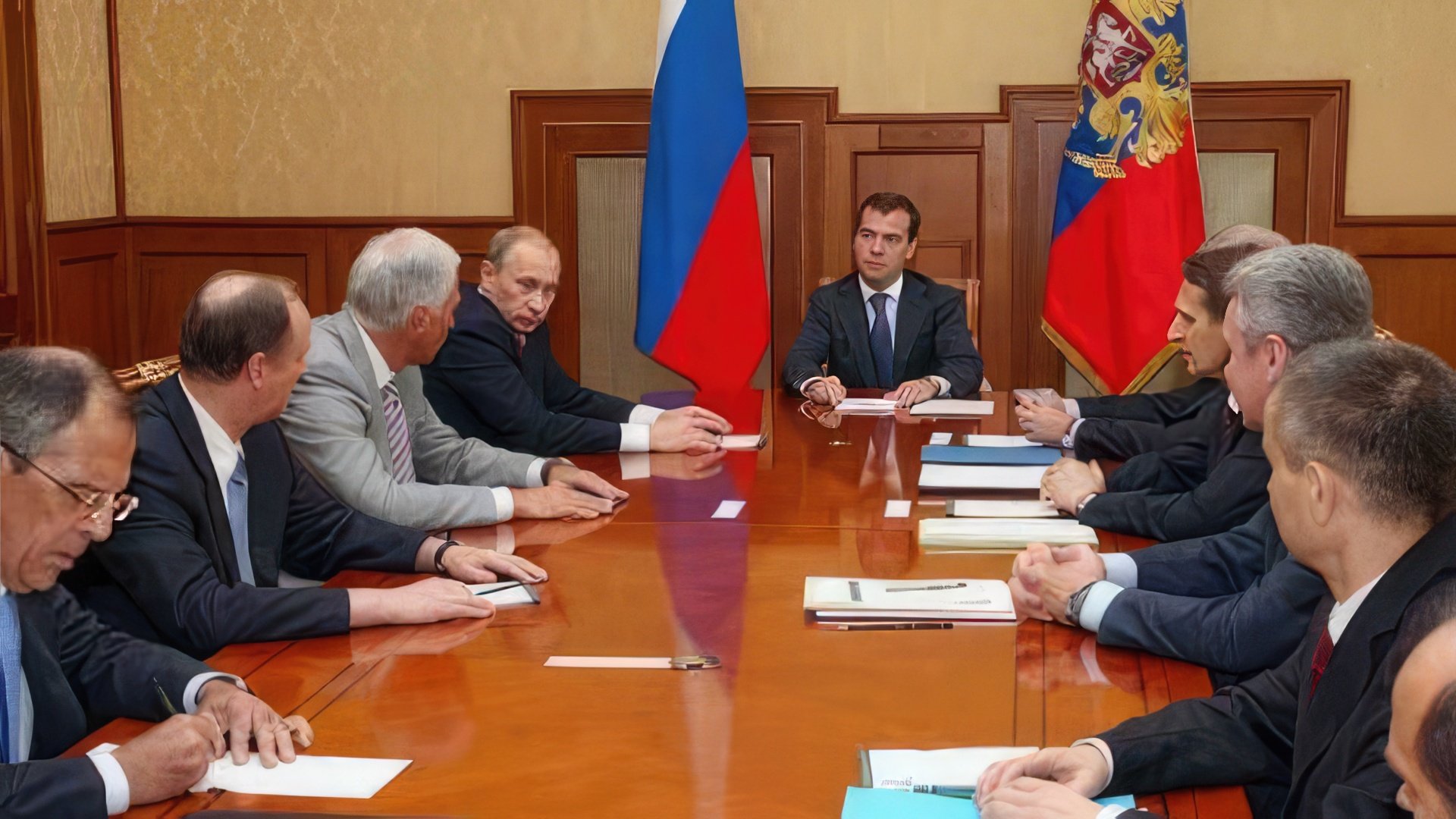
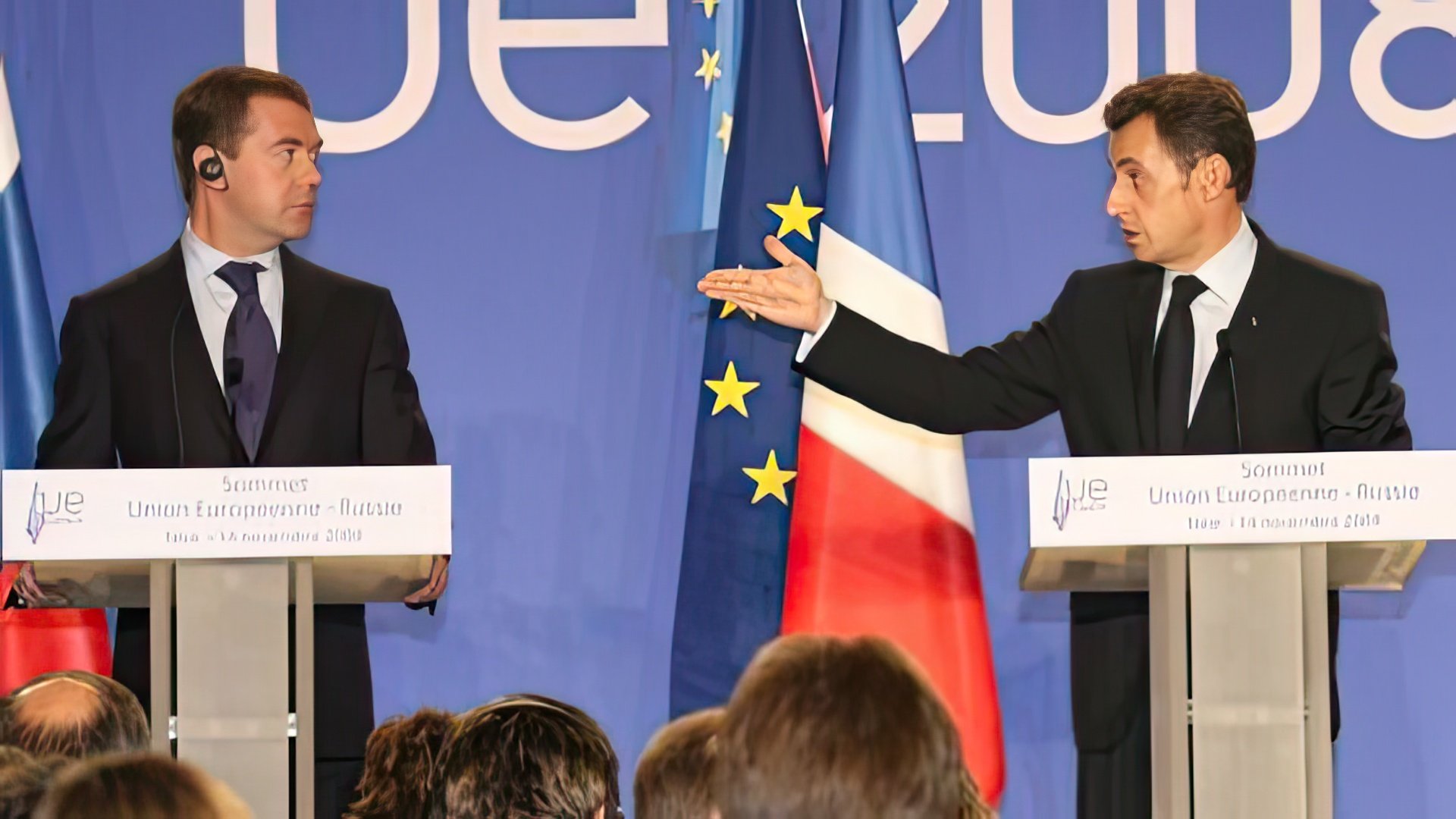
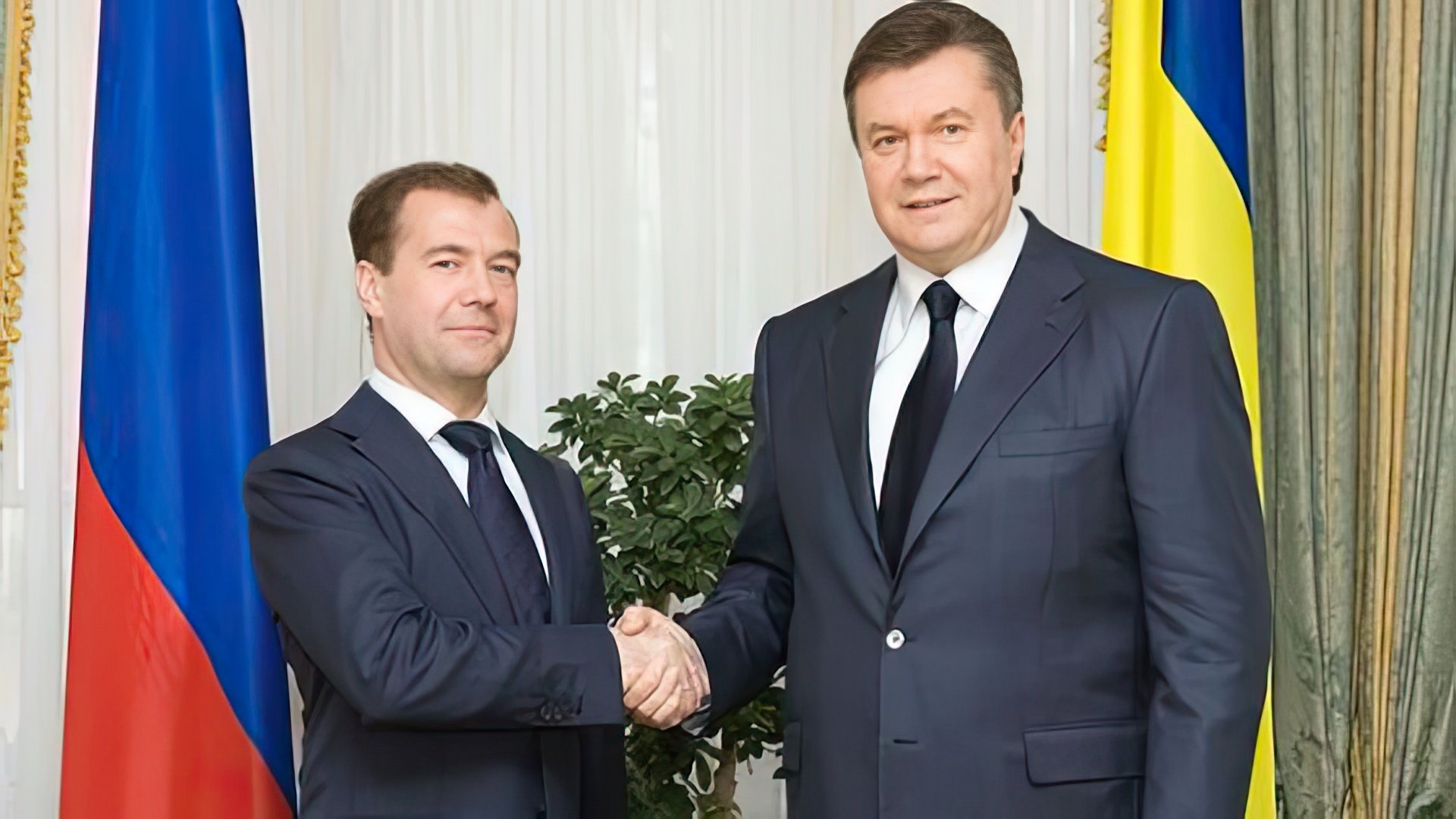
Dmitry Medvedev's efforts in the social sphere have paid off: during the period of his presidency, the population growth has stabilized, reaching a peak for last several decades and the percentage of families with many children has increased. The real incomes of the population increased by almost 20% and the average size of pensions doubled. More than a million families have improved their living conditions thanks to the maternity capital program. Much has been done in the sphere of small business as Medvedev helped simplify the procedure for starting a business, and also lifted some restrictions for entrepreneurs.
It was the beginning of the creation of a powerful research center, which was to become an analog of the American Silicon Valley. In September 2010, Medvedev signed FZ-244 «On the Innovation Center of Skolkovo». The working group of the Skolkovo project was led by Vladislav Surkov.
At the initiative of the president in 2009-2011, the reform of the Ministry of Internal Affairs of Russia was carried out, and the law enforcement agencies were renamed as the «police». Also, according to Interior Minister Rashid Nurgaliyev, the level of social protection and efficiency of internal staff were raised.
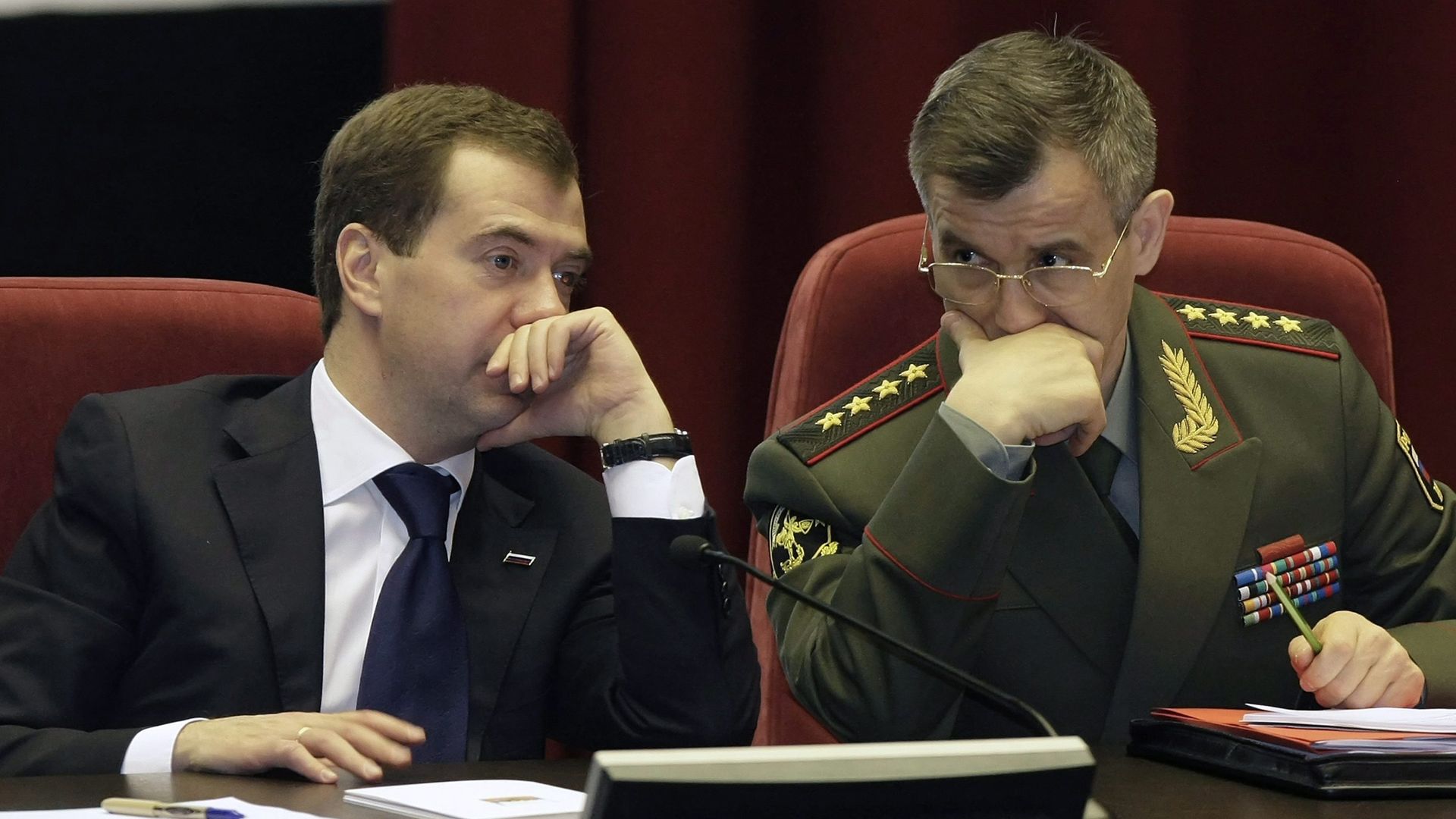
During Medvedev's presidency, presidential term was increased from 4 to 6 years, and term the State Dumadeputies were increased from 4 to 5. In September 2010, Medvedev dismissed the mayor of Moscow Yuri Luzhkov, who had exhausted the government's trust. Subsequently, Sergei Sobyanin was appointed to his place.
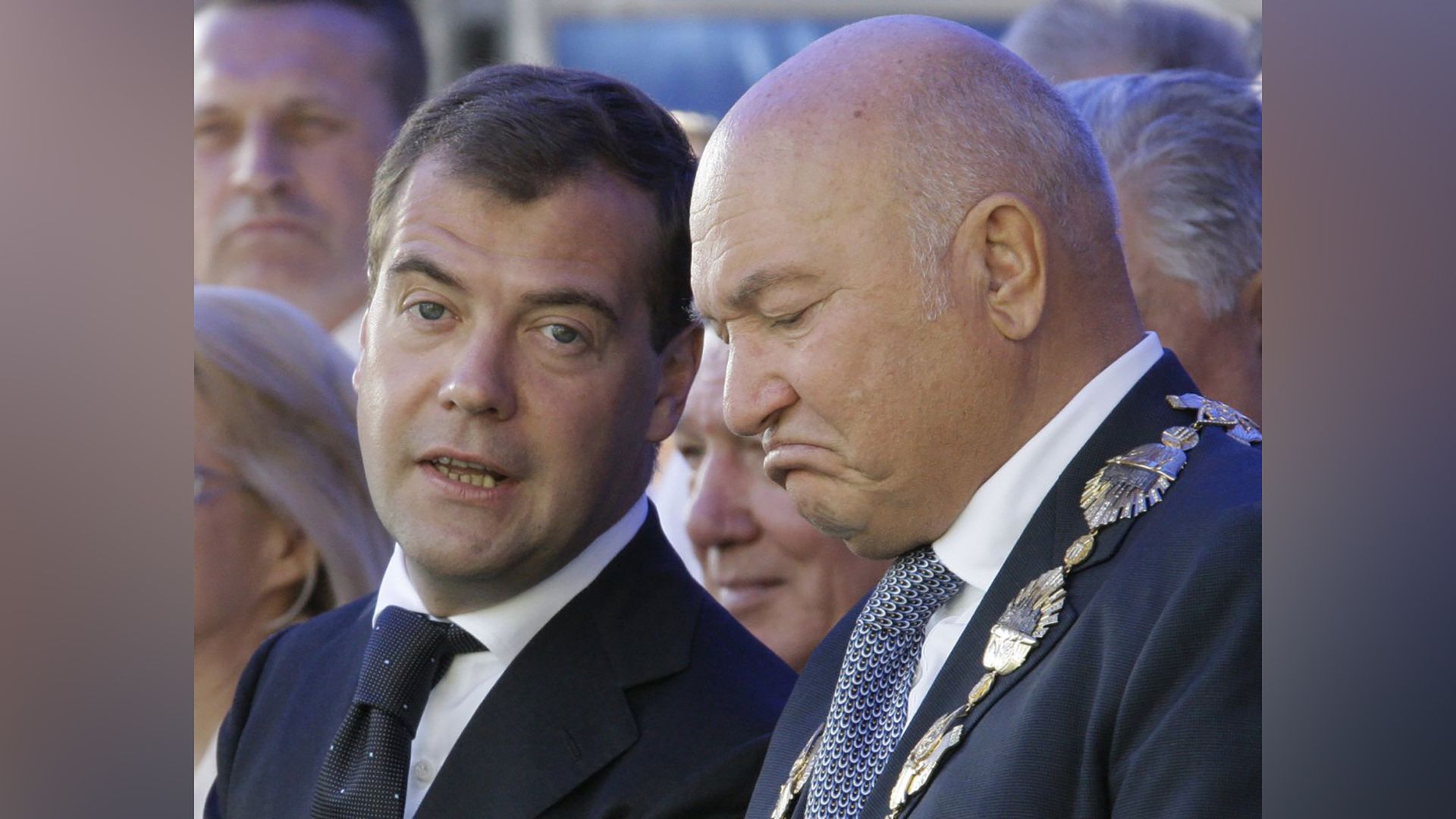
In general, the presidency of Dmitry Medvedev had conflicting reviews. So, the famous publicist Dmitry Bykovreproached him for «hypertrophic attention to the third-rate» and many public figures criticized Medvedevfor the lack of real power, while Alexei Kudrin, who was the minister of finance until September 2011, stated that he «witnessed the development and adoption of many key decisions» personally by Medvedev.
The Russian Internet users treated Dmitry Medvedev with warmth. Thanks to his interest in technology and the openness of his character, the president has repeatedly become a hero of videos that flew across the Net. For example, a video in which Dmitry Medvedev dances to the composition «American Boy» has collected several million views.
Further career
After the election of Vladimir Putin as the president in 2012, Dmitry Medvedev headed the government and became prime minister of the Russian Federation. There are prominent political figures of Russia under his leadership: First Deputy Igor Shuvalov, Defense Minister Sergei Shoigu, Minister of Internal Affairs Vladimir Kolokoltsev, Foreign Minister Sergei Lavrov, Minister of Culture Vladimir Medinsky and others.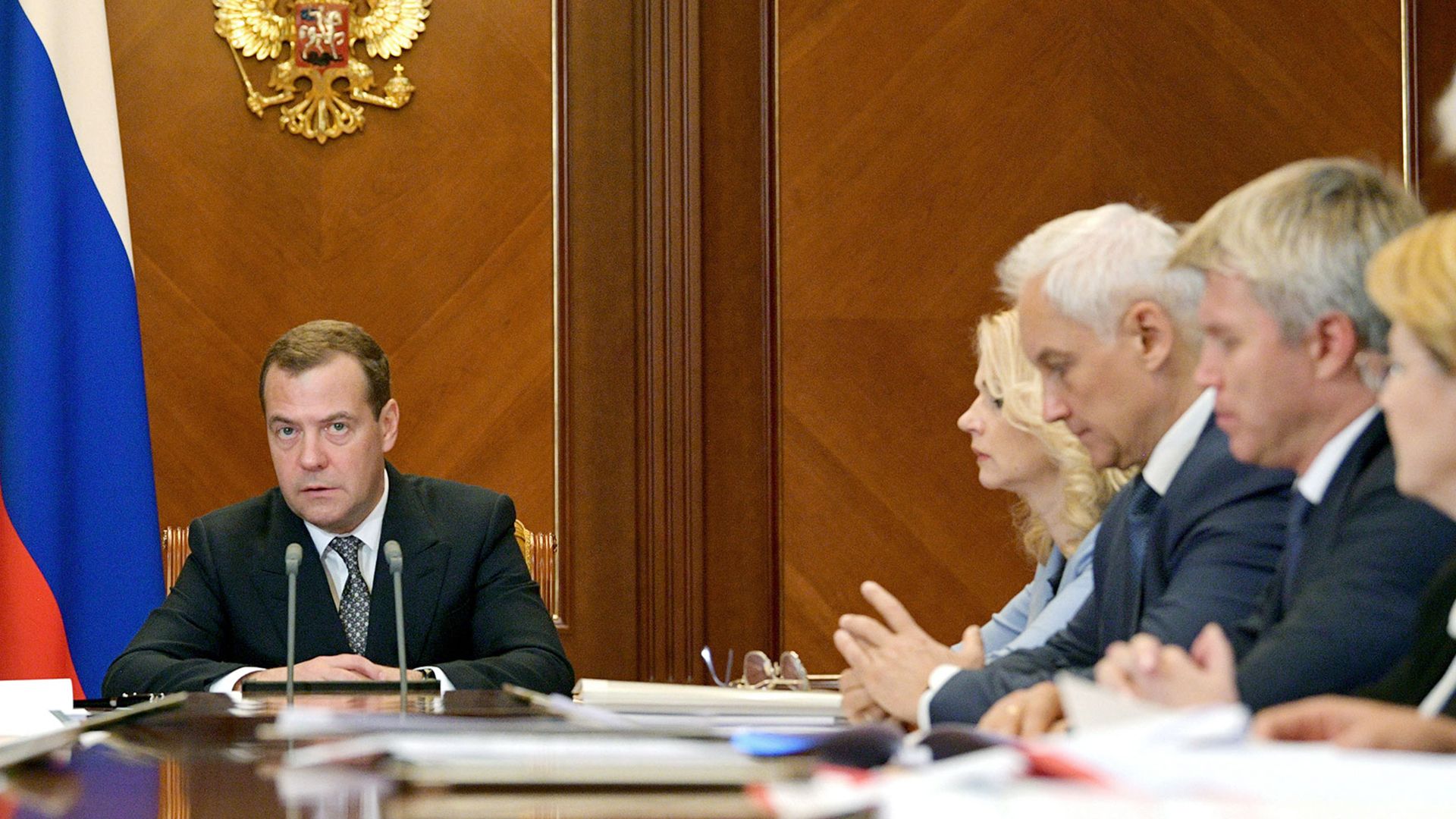
In 2016, Dmitry Medvedev headed the Government of the Russian Federation and the party «United Russia», being one of the key political figures of the country. He was elected as a head of the Program Committee, engaged in the development of the political course of the party. He oversaw the economy, in particular, pricing and import substitution, tackled problems in healthcare and education. Several times he visited the Crimea with a business visit, which was the reason for the note of protest of the Ministry of Foreign Affairs of Ukraine.
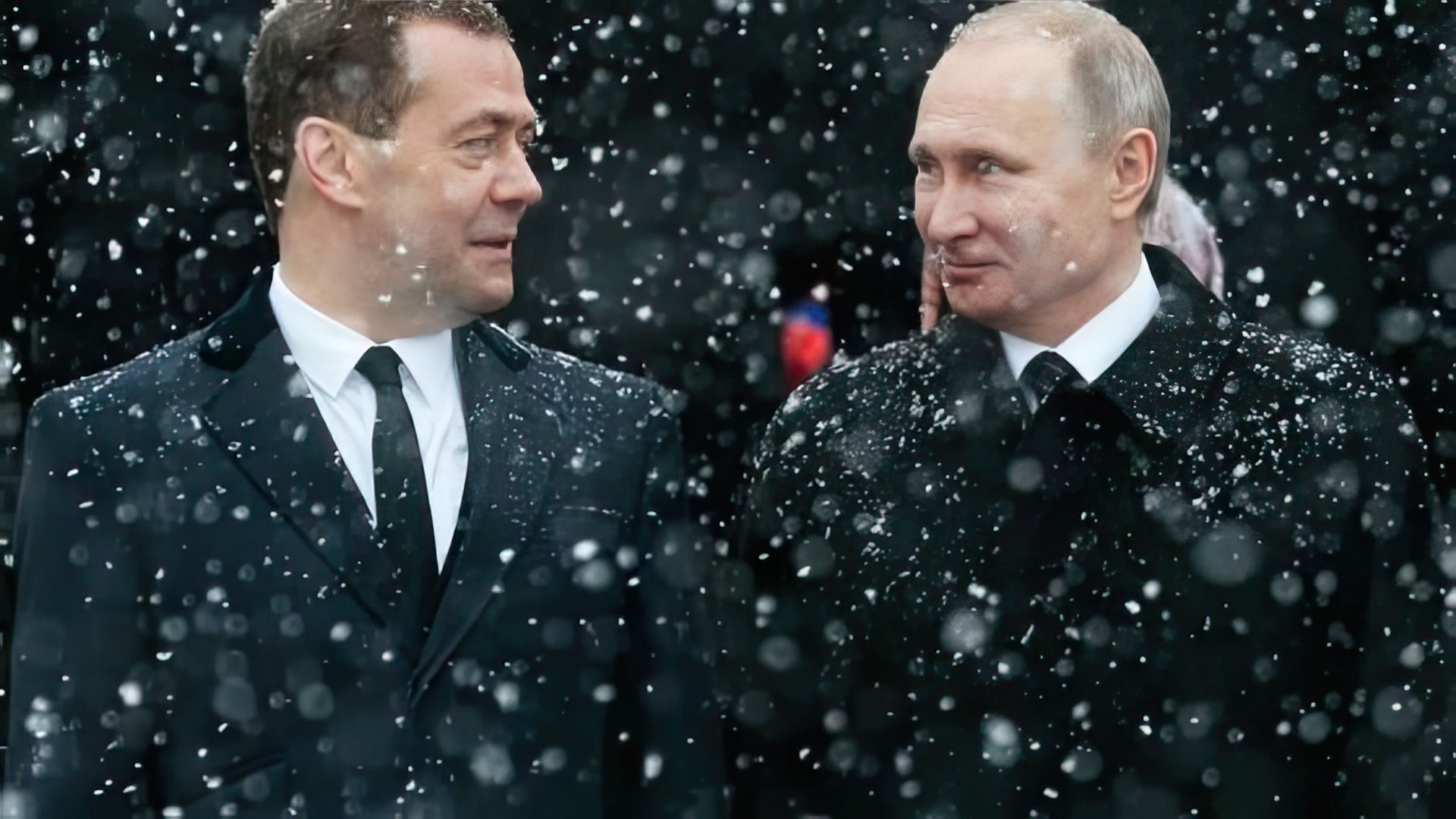
Hobbies and personal life of Dmitry Medvedev
Dmitry Medvedev’s wife, Svetlana Linnik is his school friend from parallel class. According to DmitryAnatolyevich. Mutual sympathy arose among them in the school years, but only in the final year he got courage and confessed to the girl in his feelings.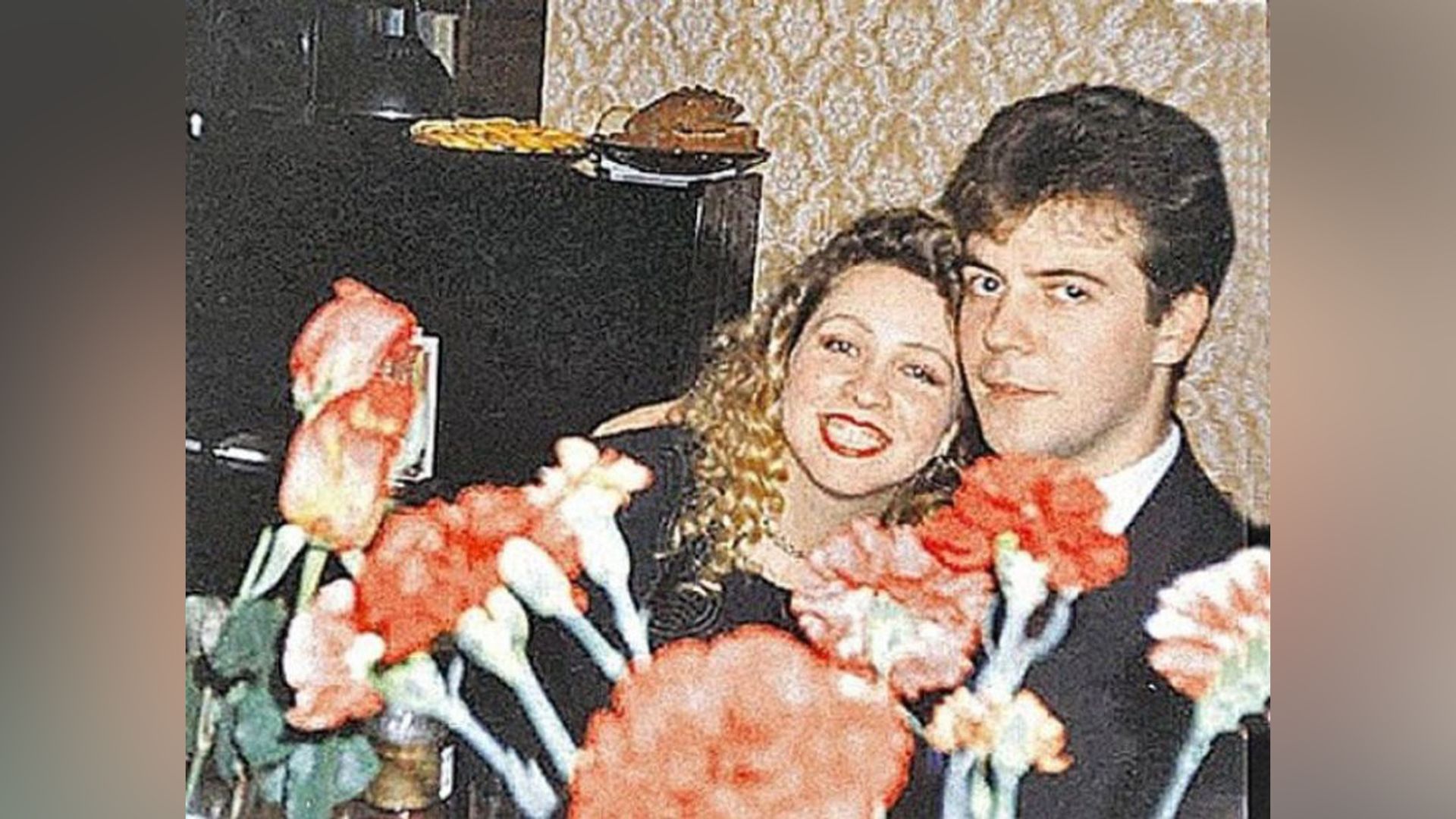
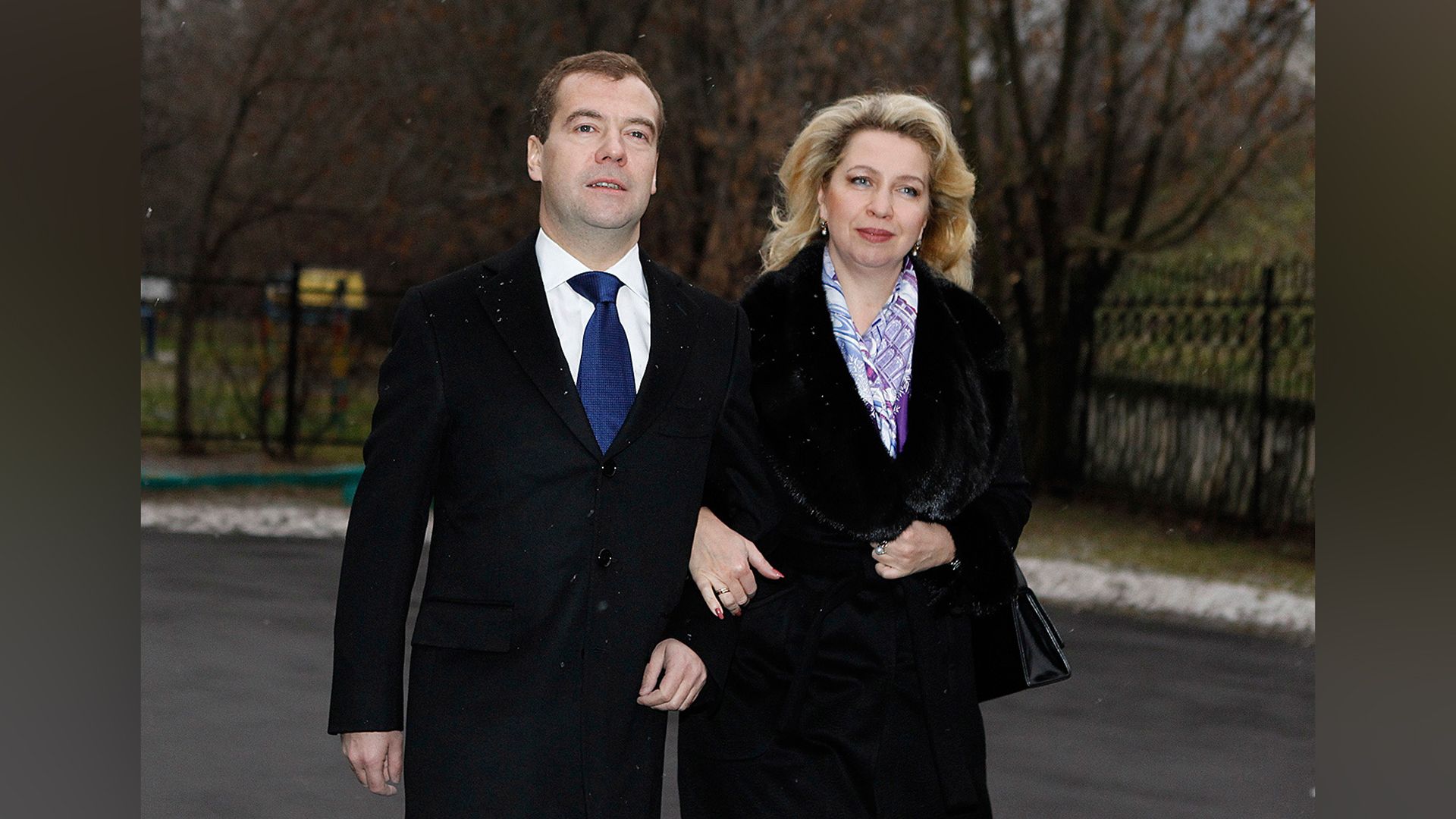
The Medvedev family likes animals. The couple has two cats breed Neva Masquerade names Dorofei and Milka, who more than once became the heroes of news articles. Also, Dmitry Medvedev is the owner of four dogs: English Setters named Daniel and Jolie, the Central Asian Shepherd, whose name is unknown to the press, and the golden retriever named Alba.
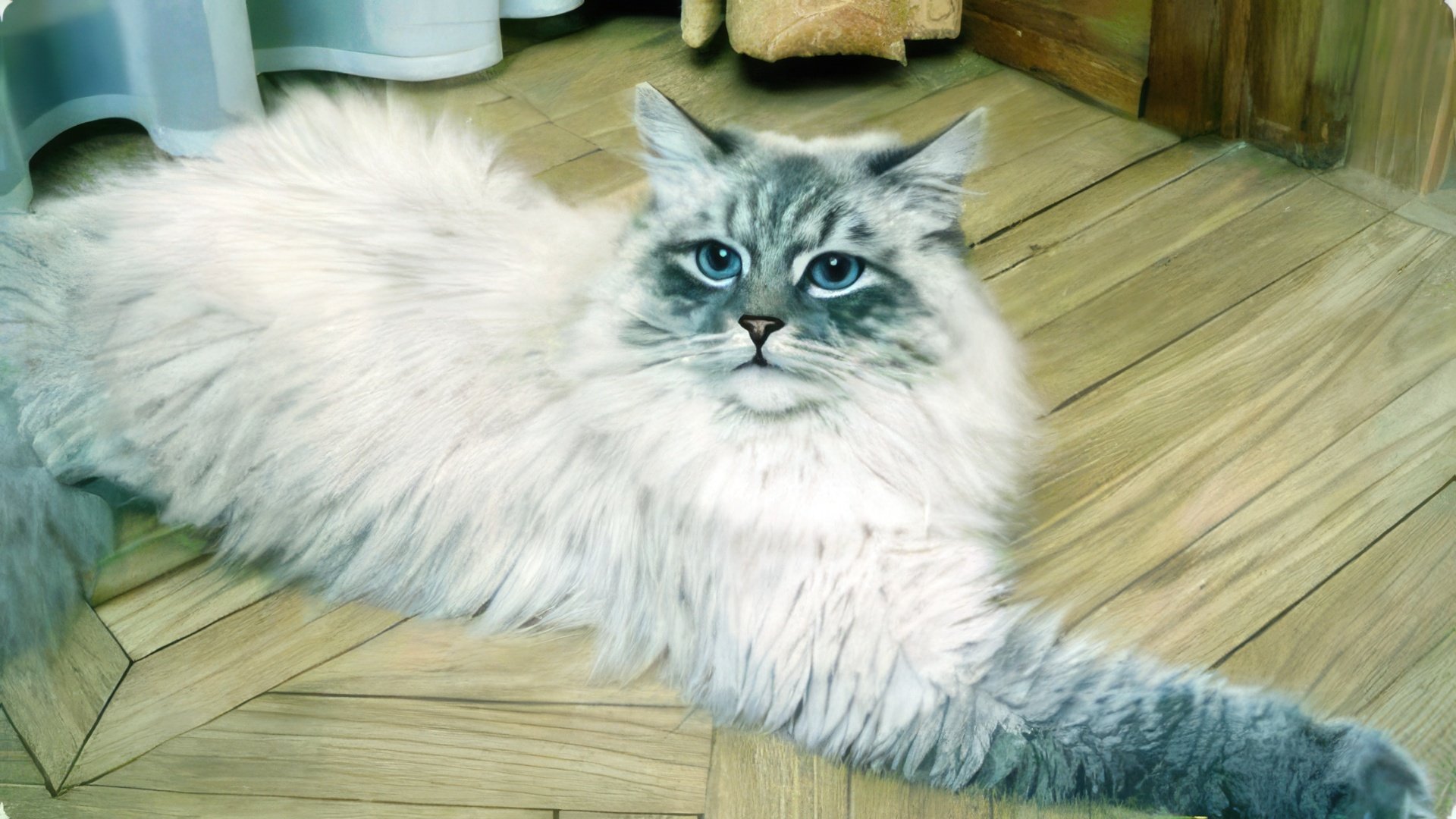
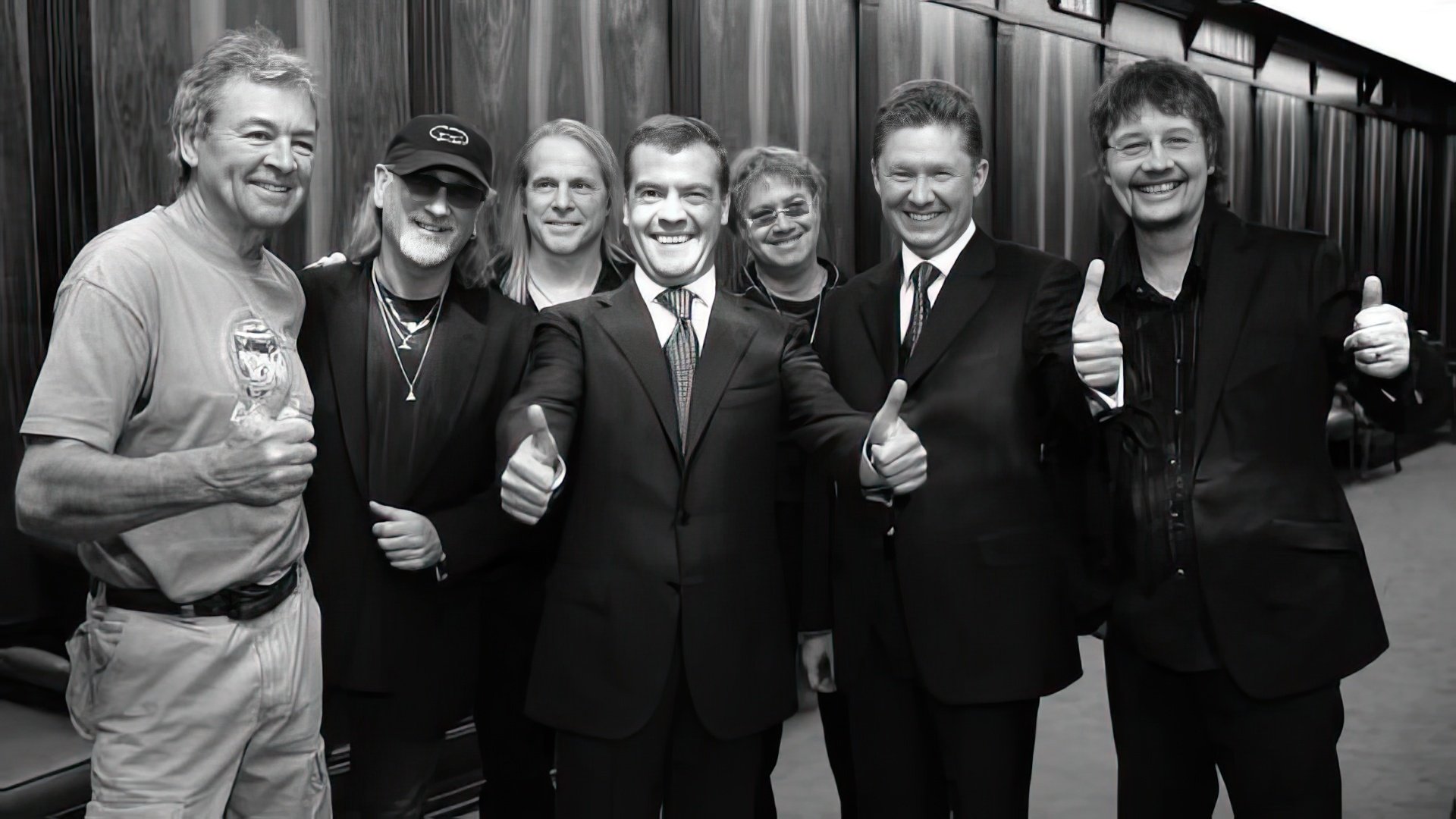
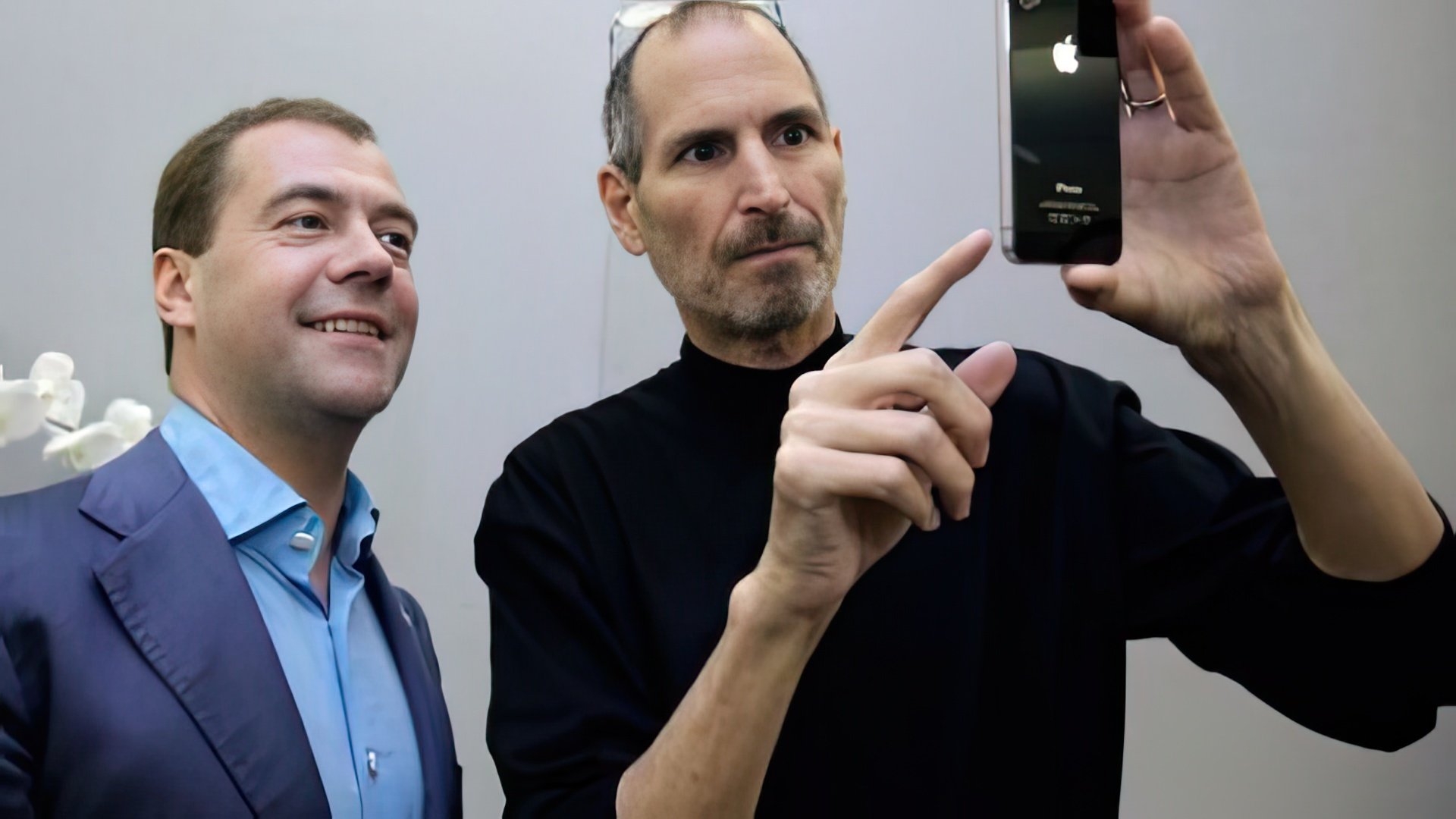
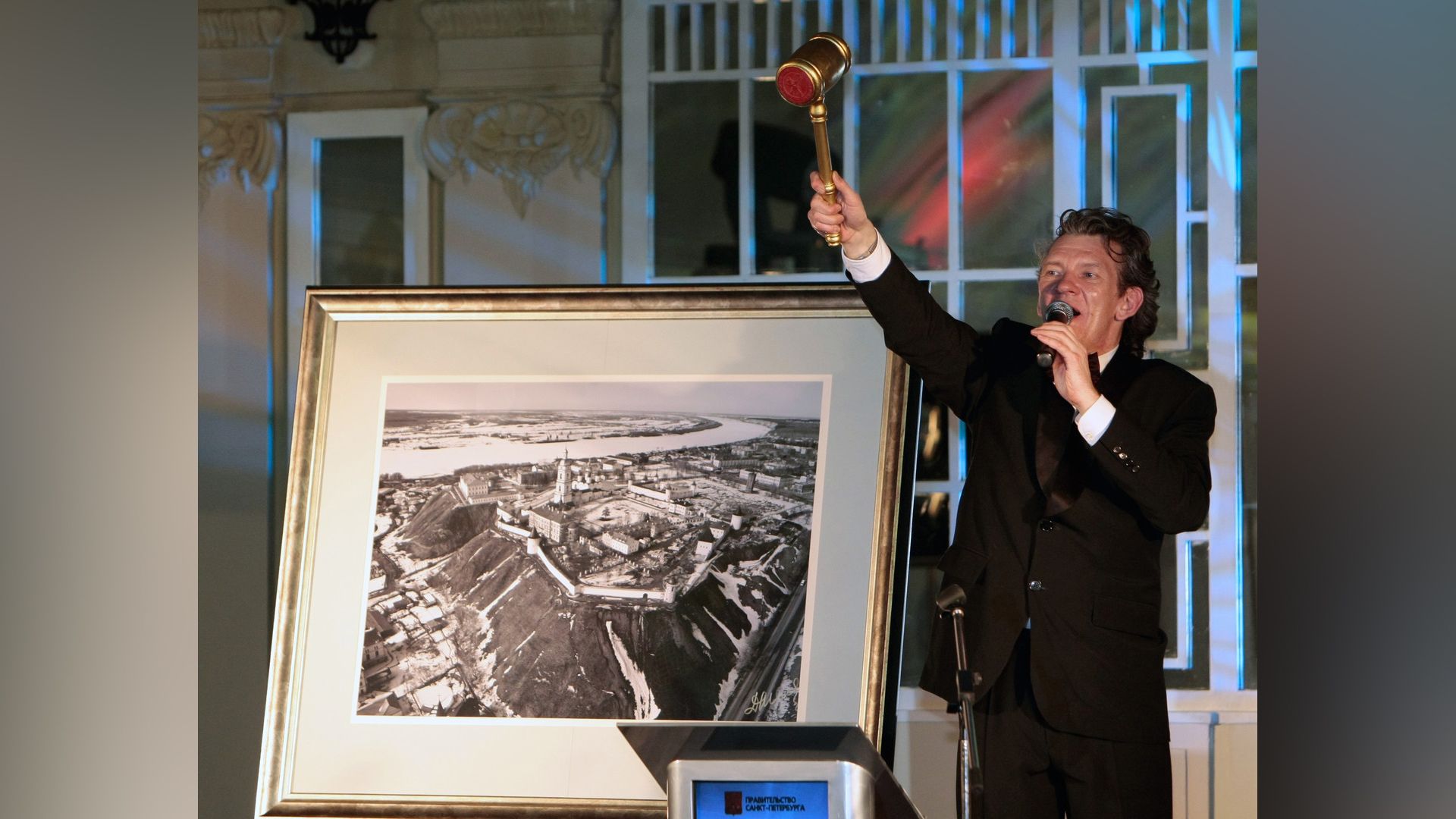
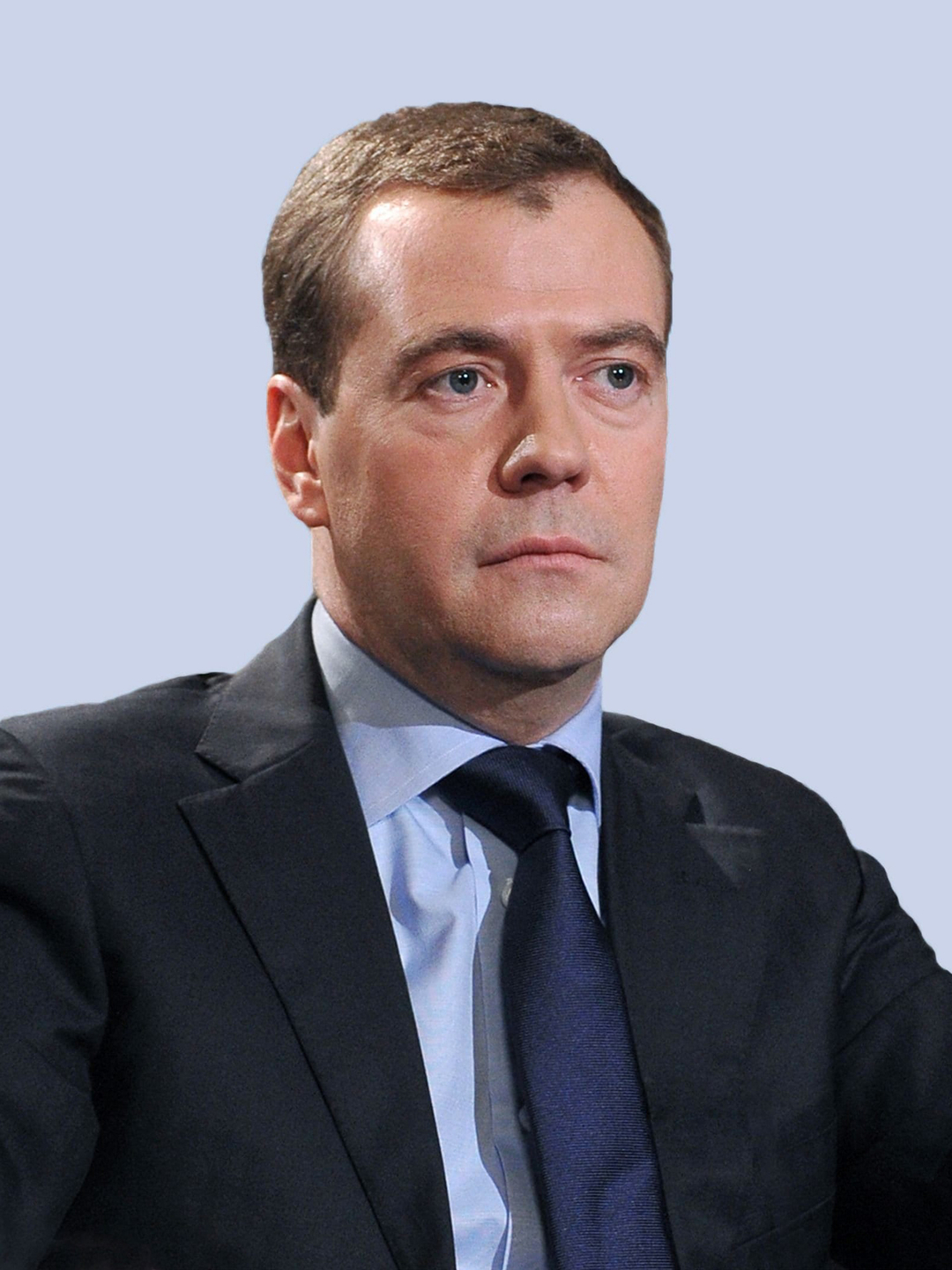
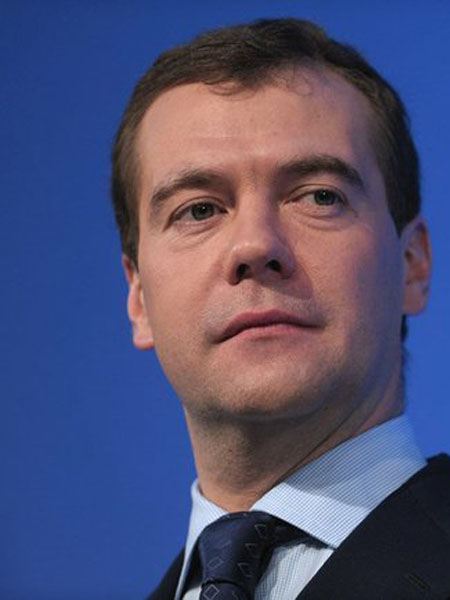
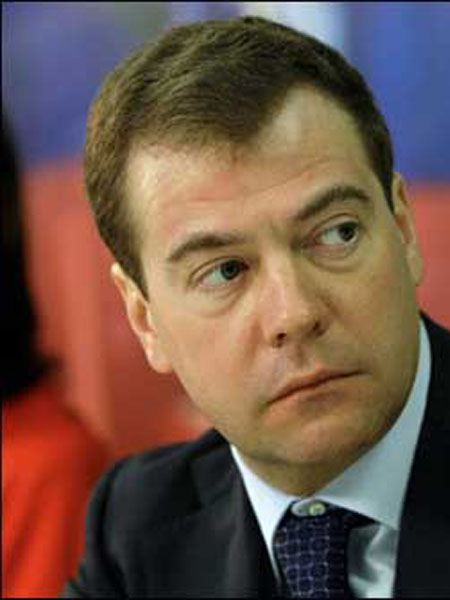
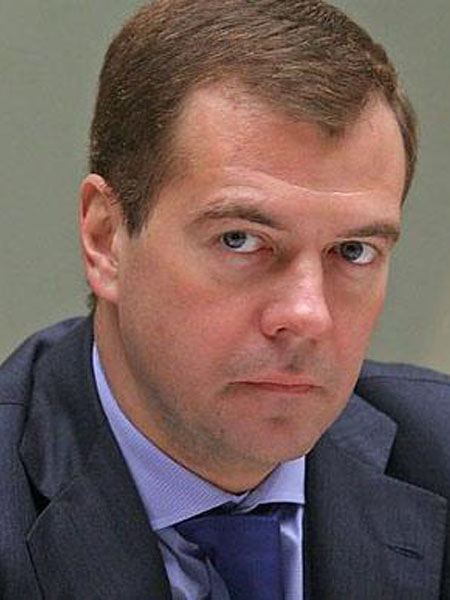
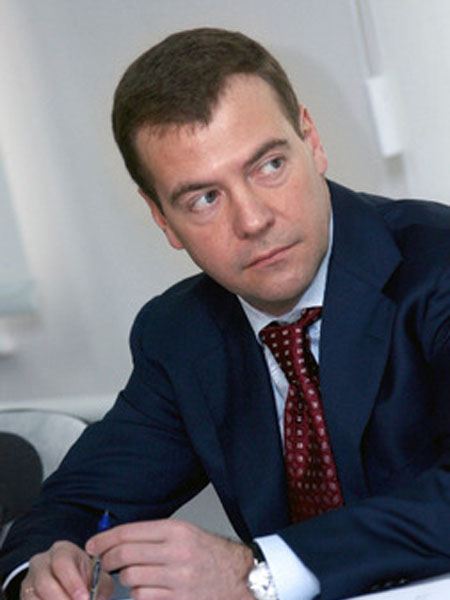

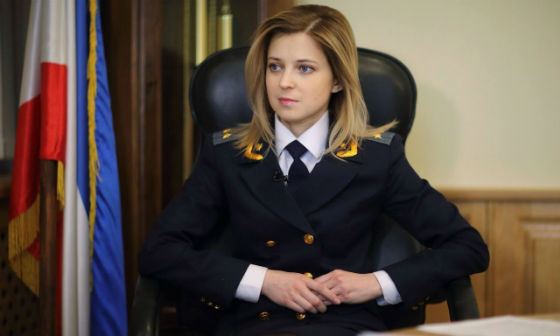
-
Angel Daniel Hernandez
2021-04-14 17:37:35
-
Gloria Harmon
2021-03-15 15:17:59
-
Kenneth King
2021-02-26 17:24:58
-
Betty Vega
2021-02-23 22:28:08
-
Ryan Nathan Gonzalez
2021-01-28 16:43:42
5